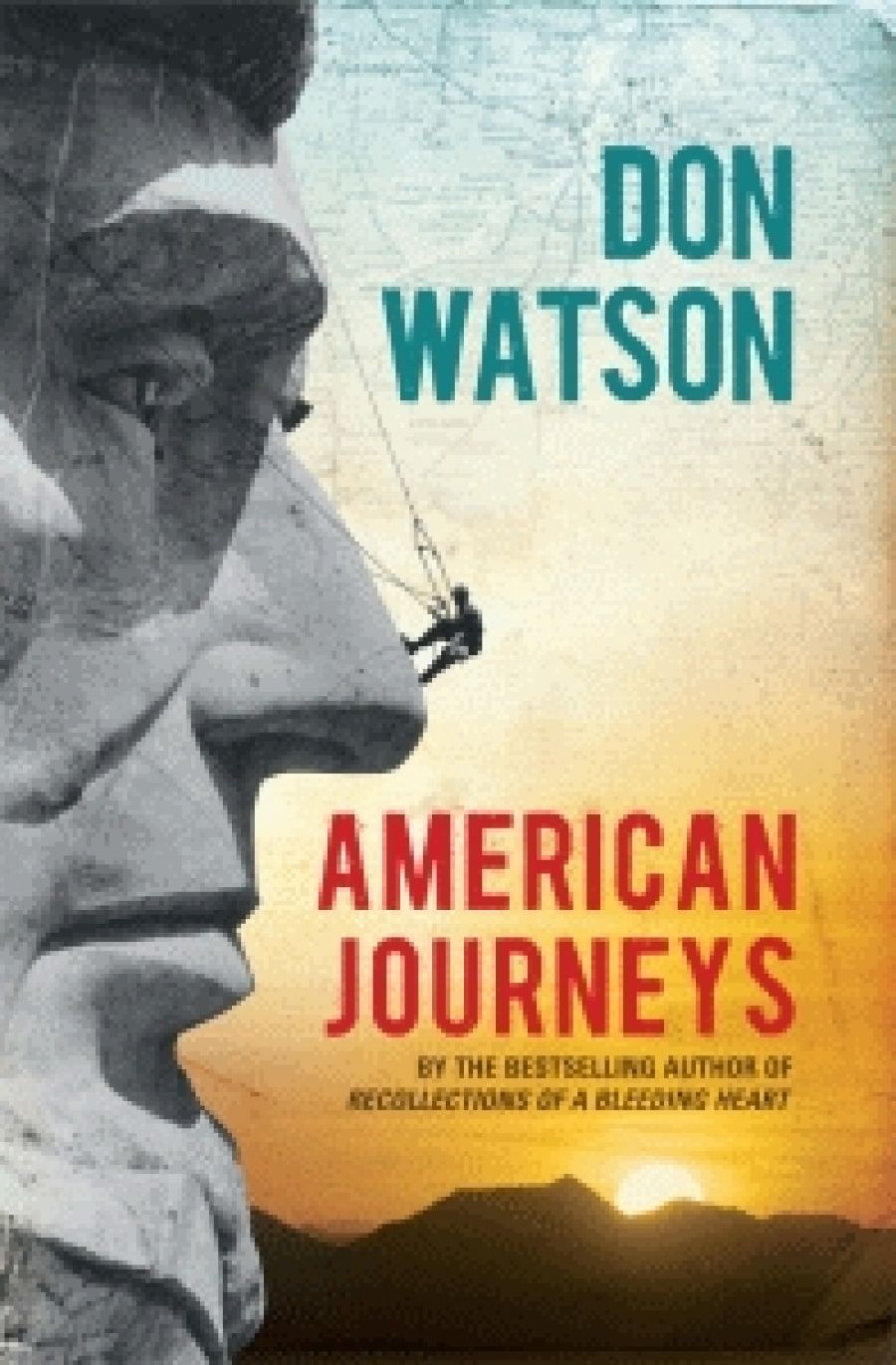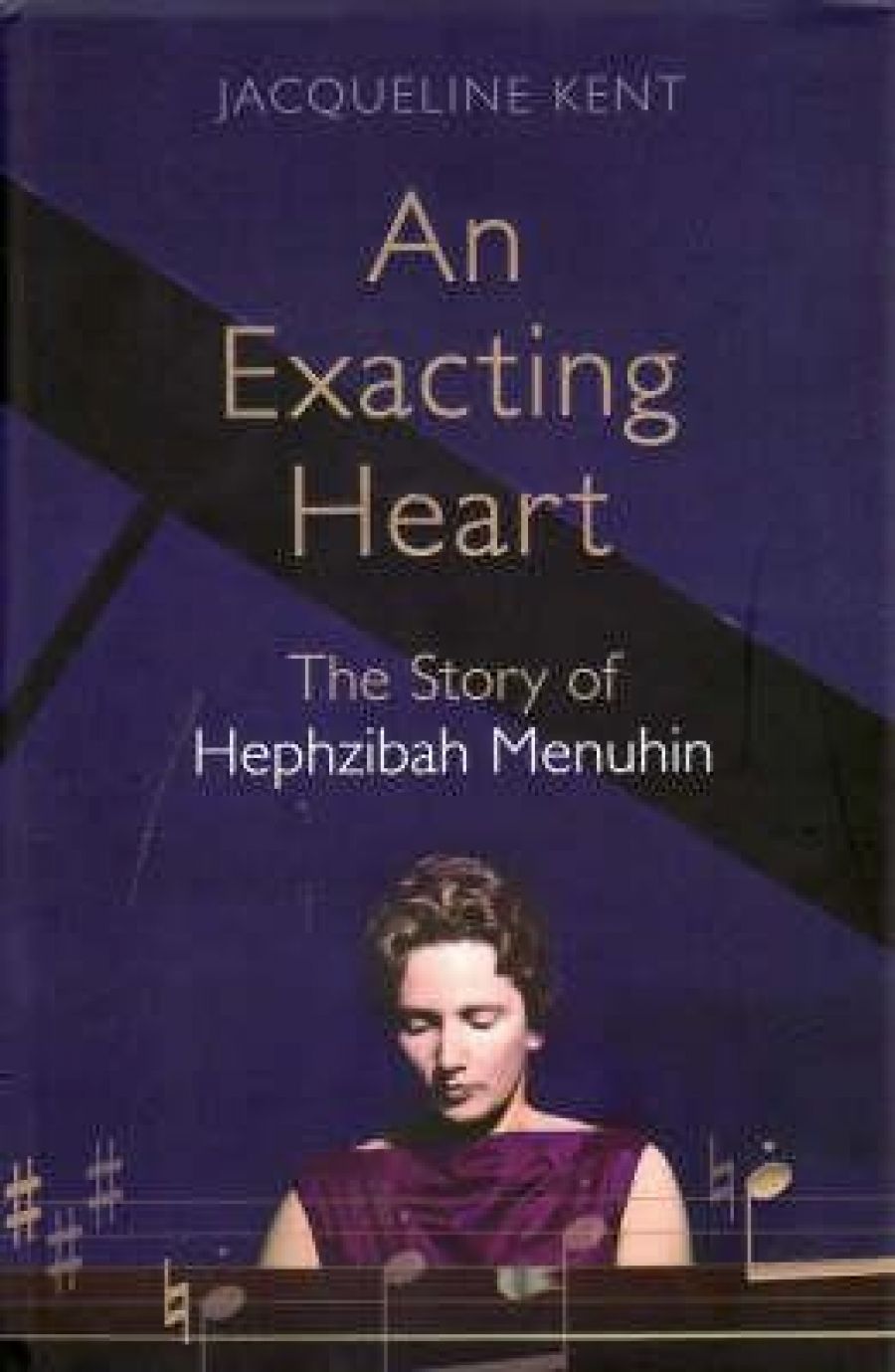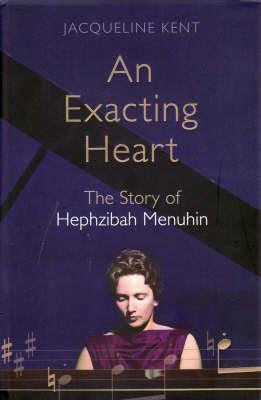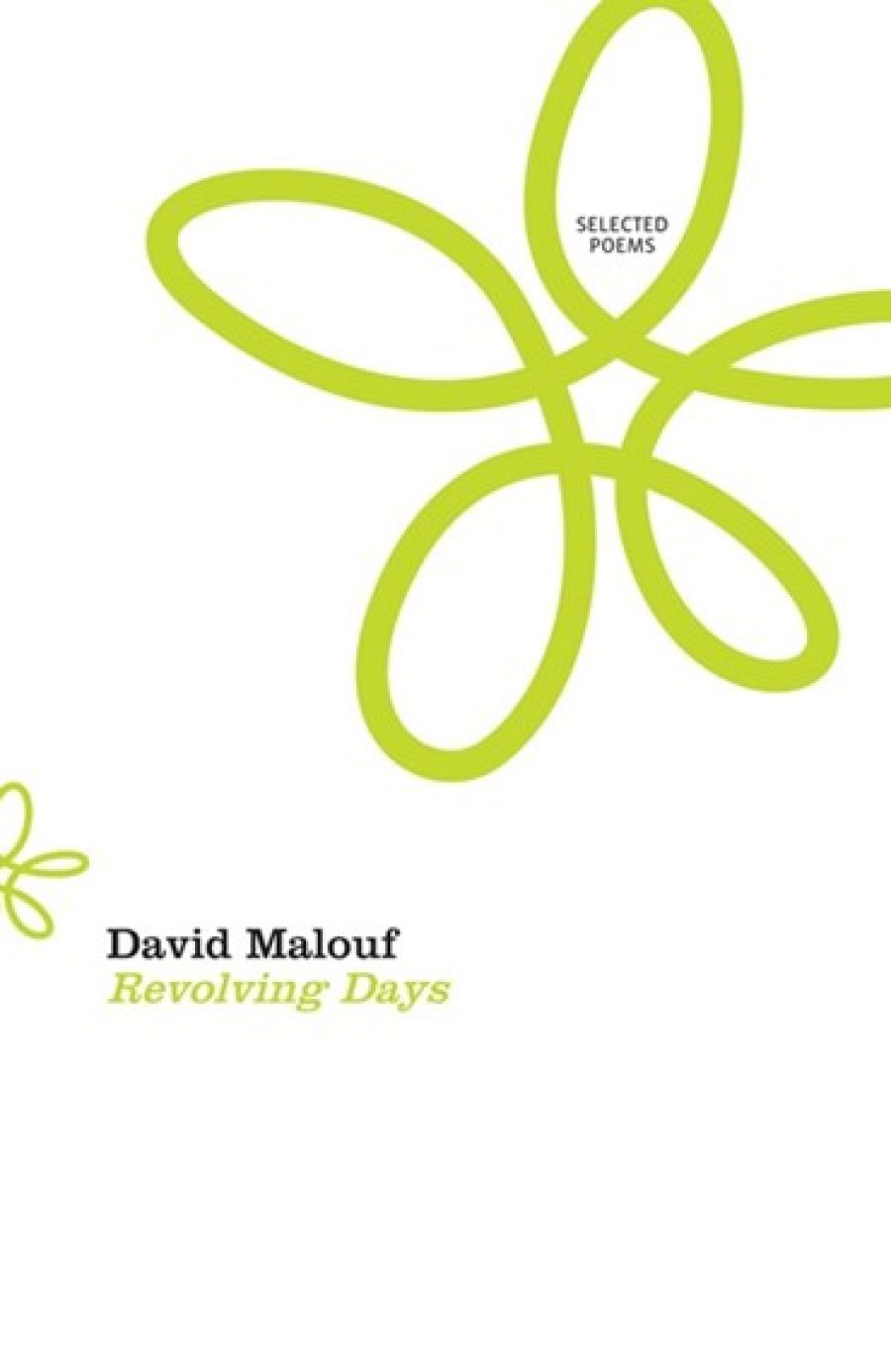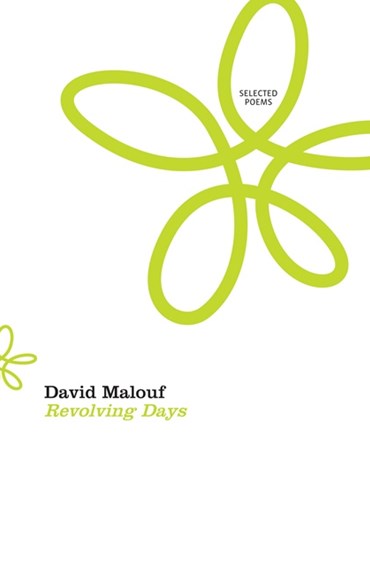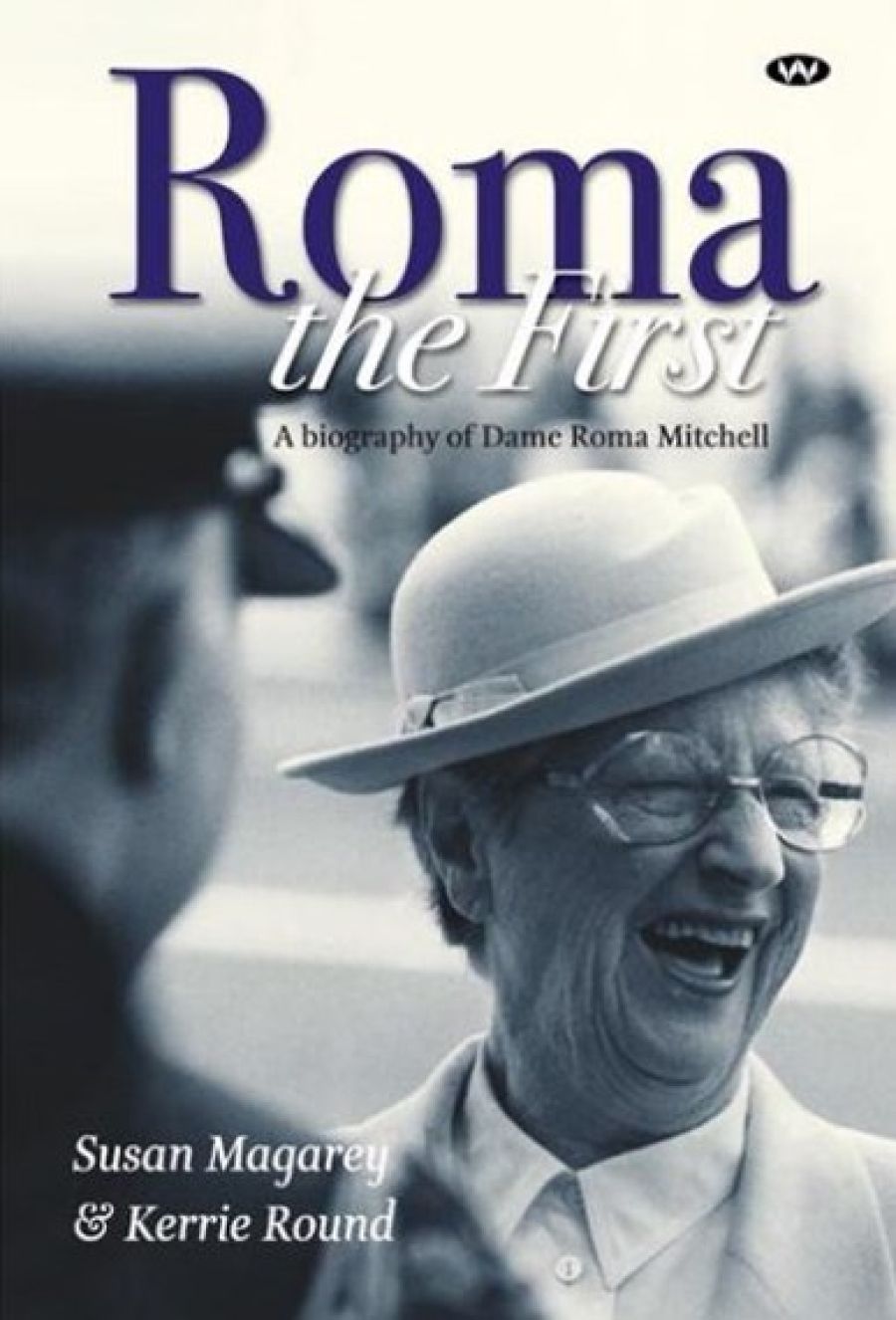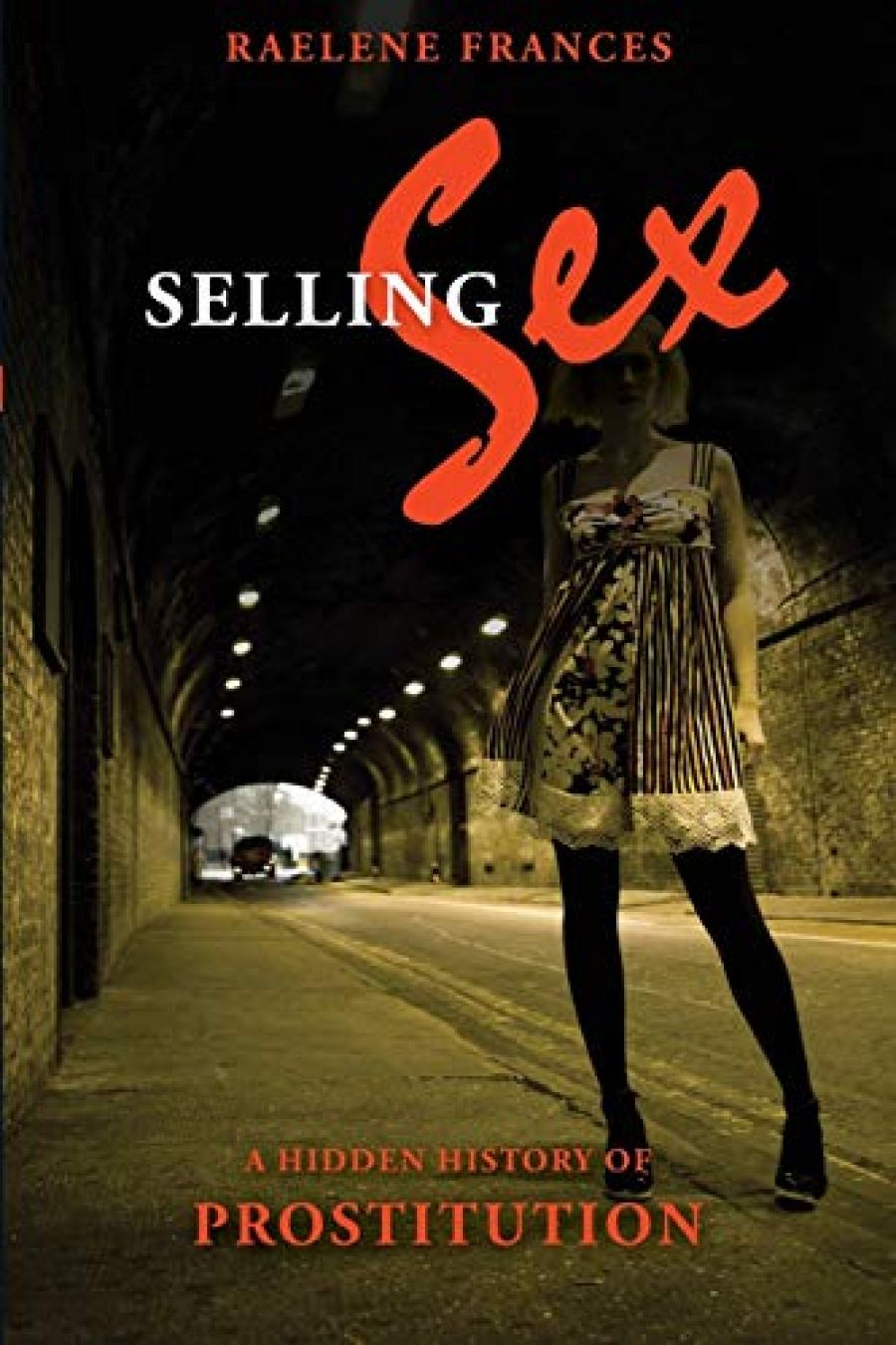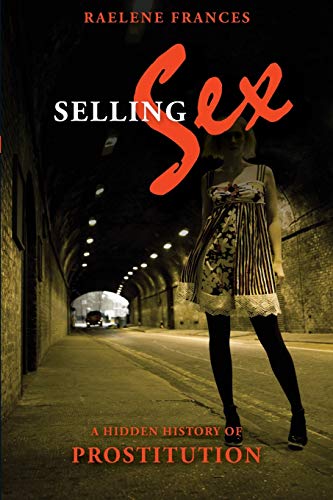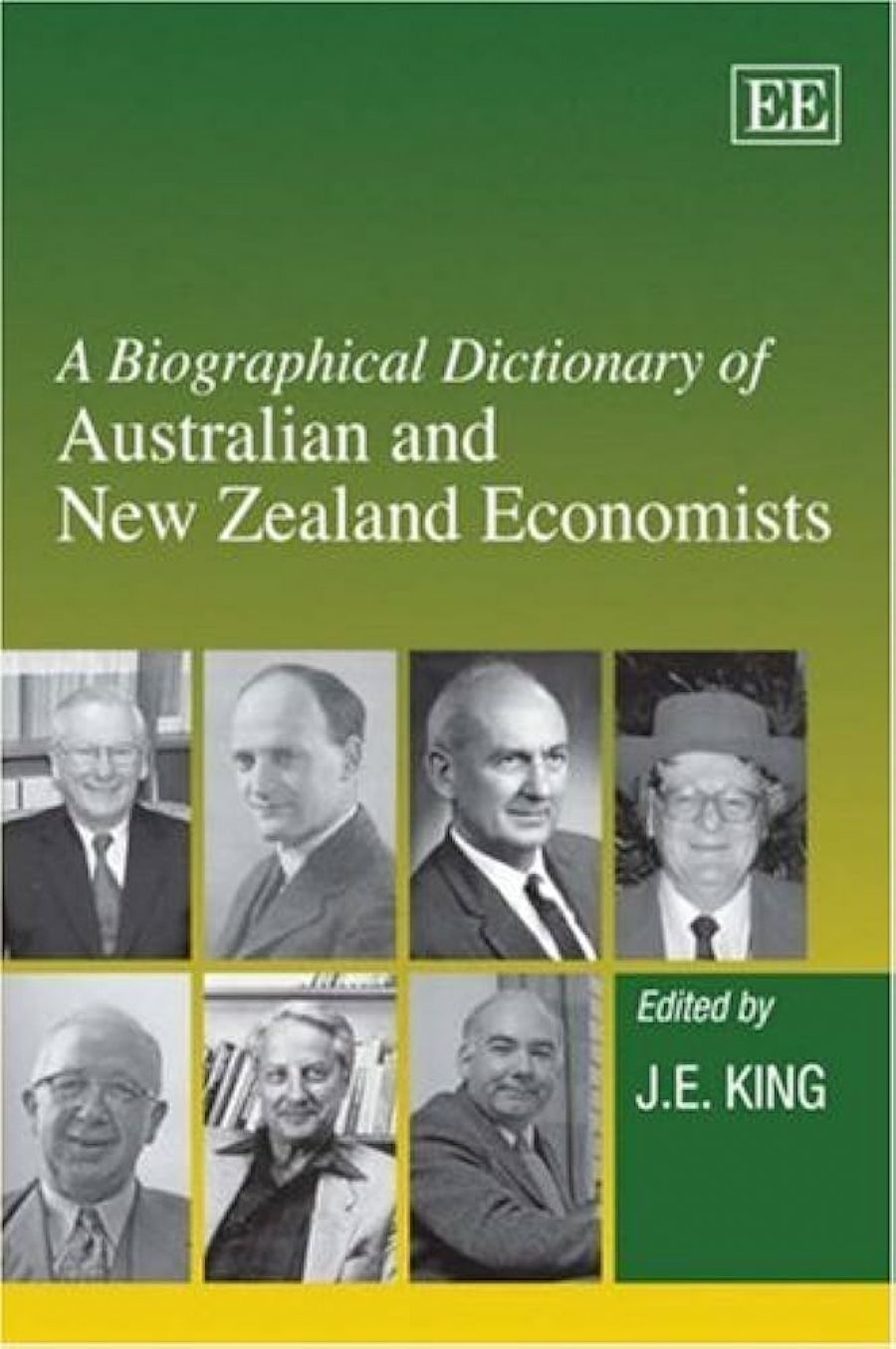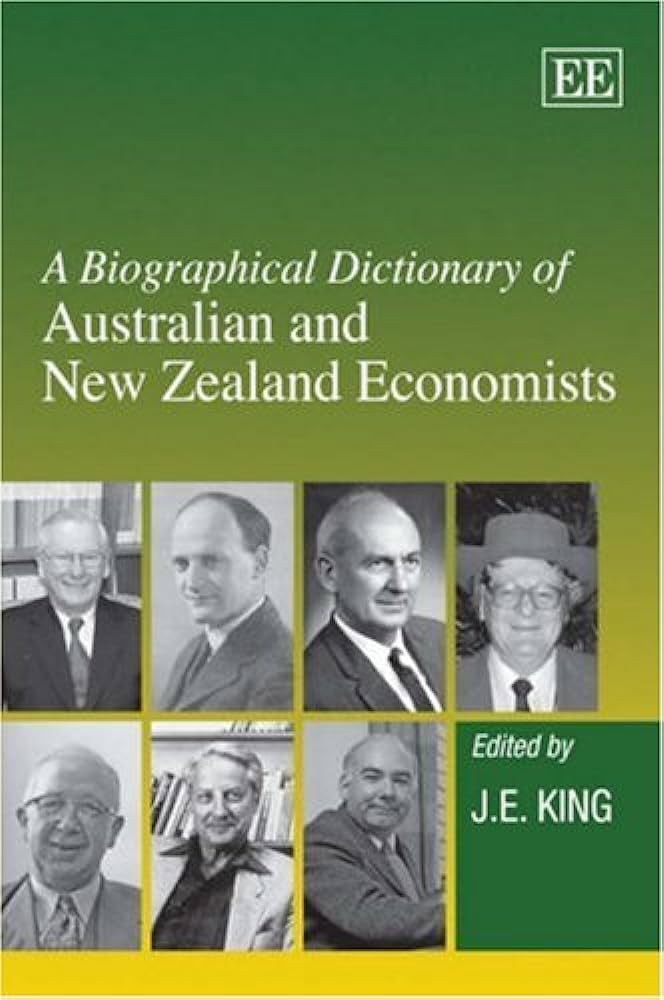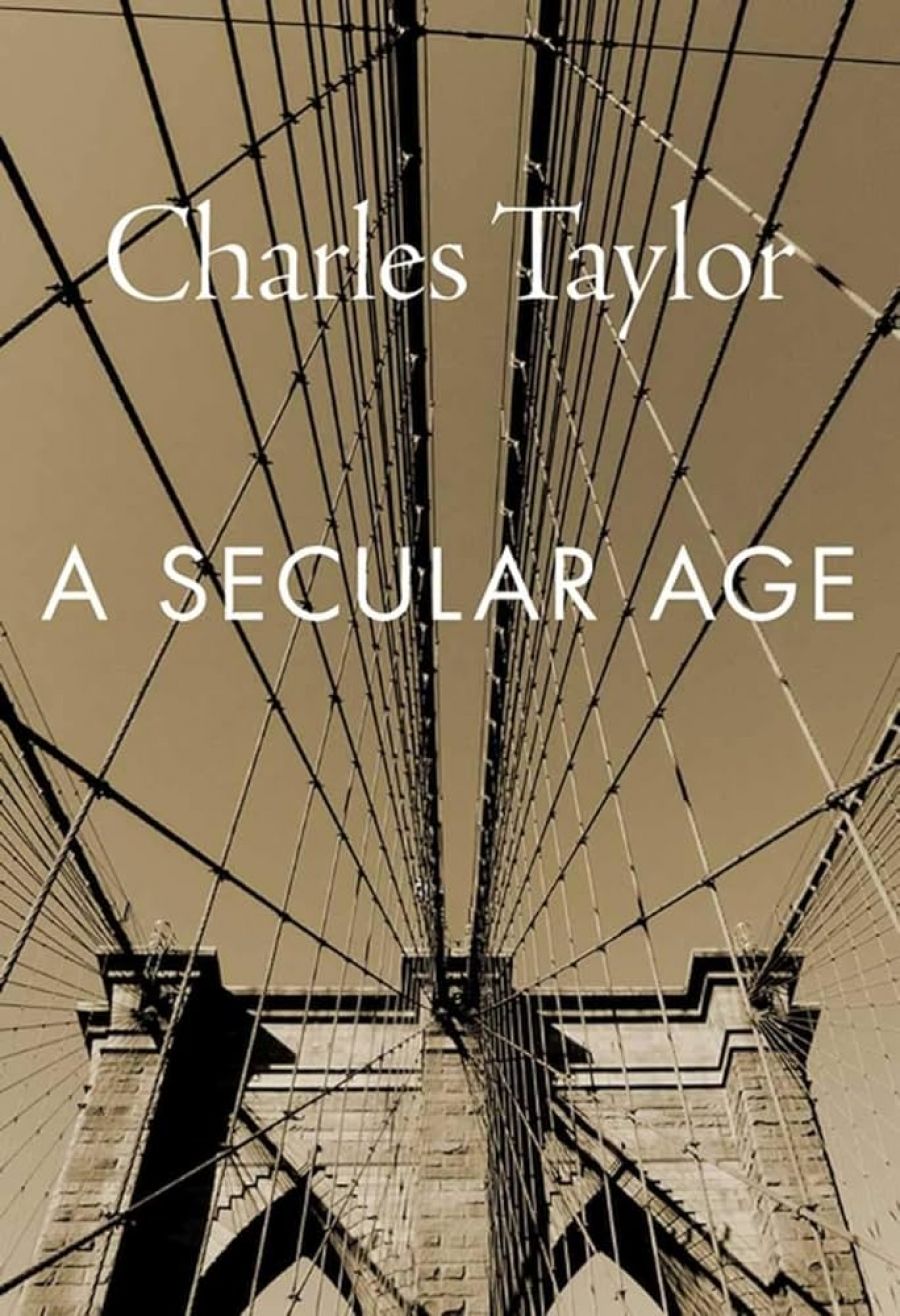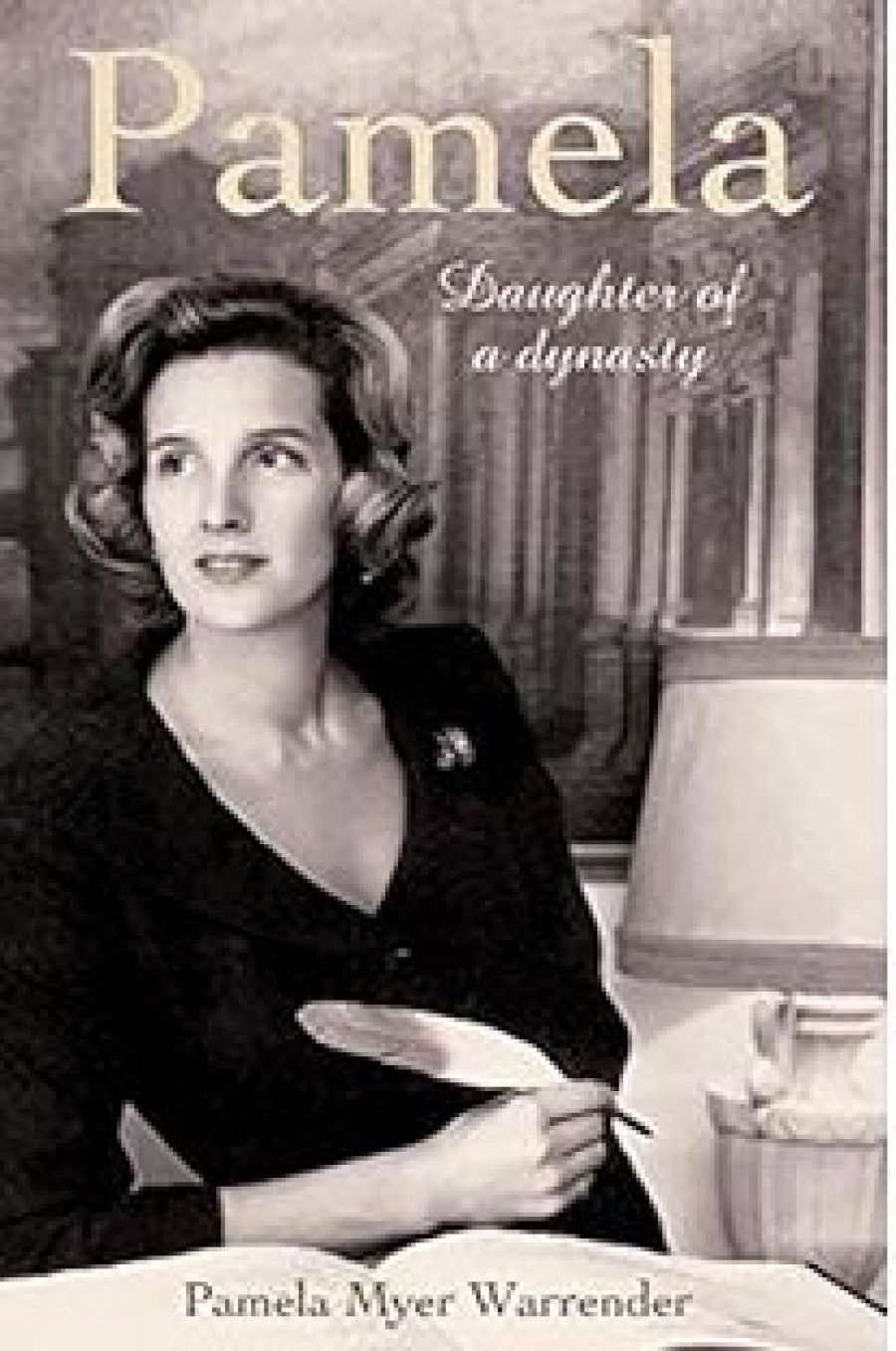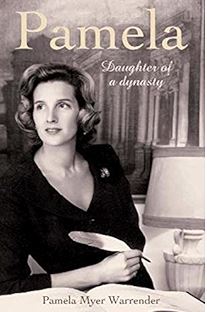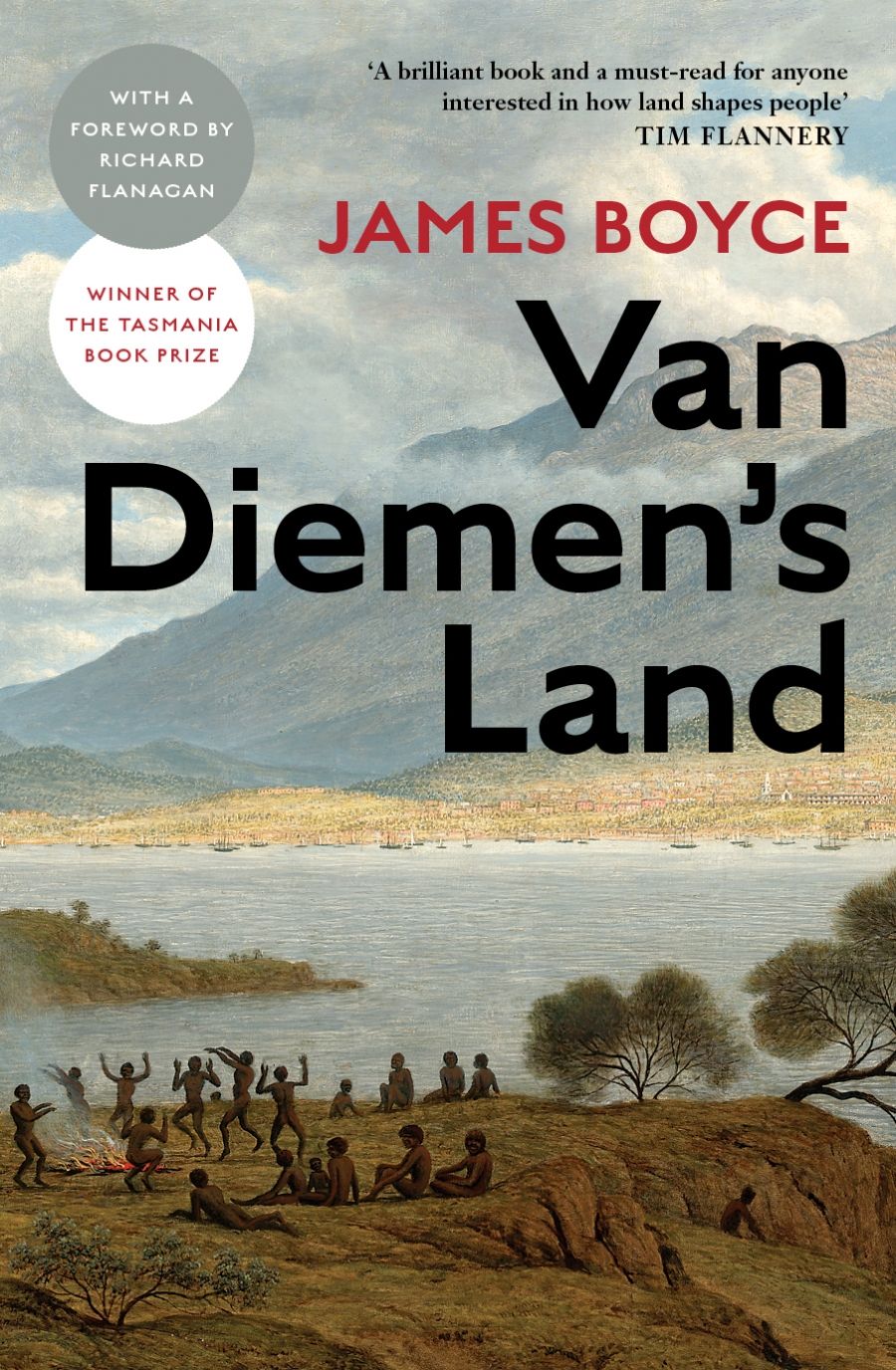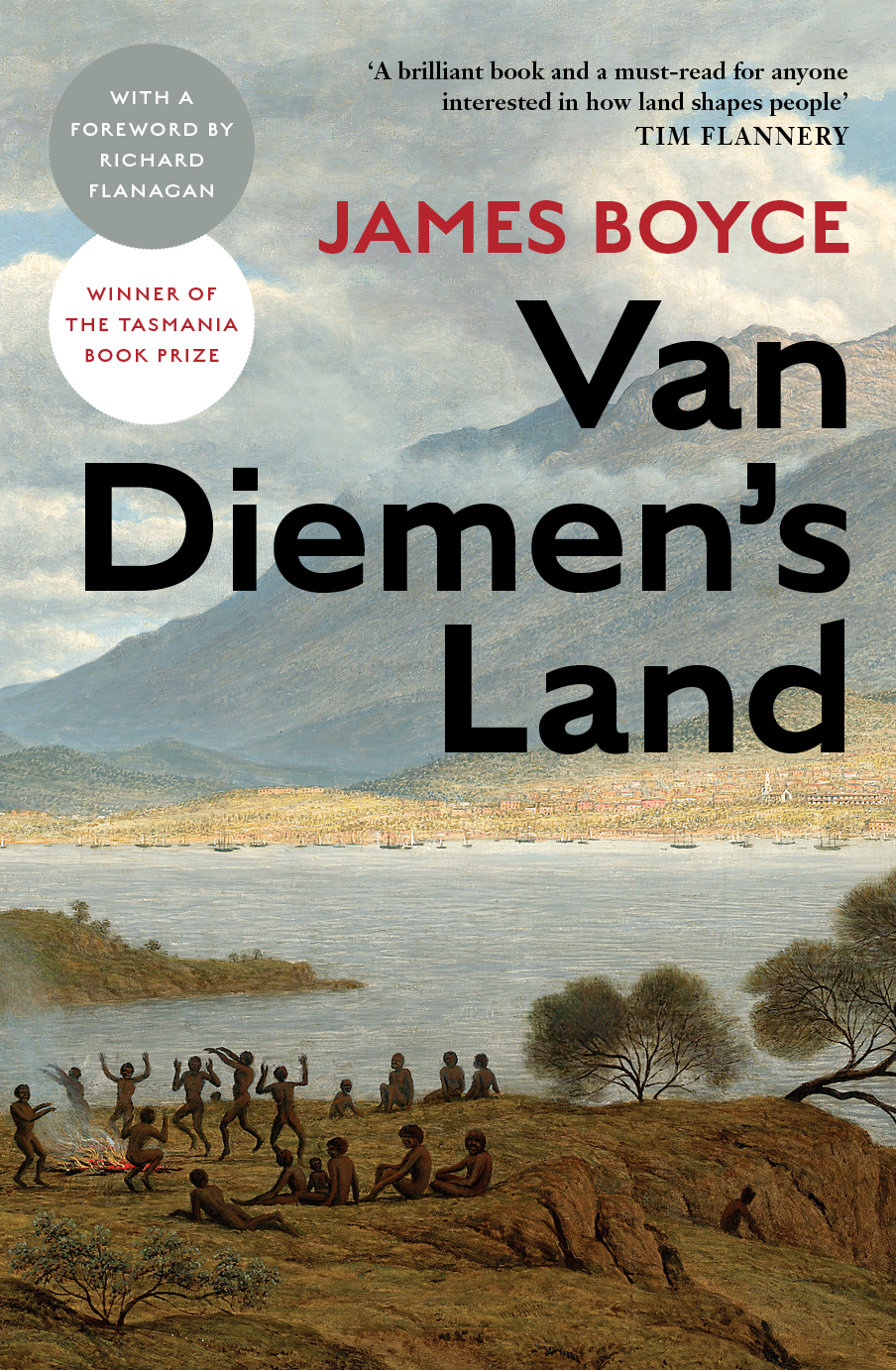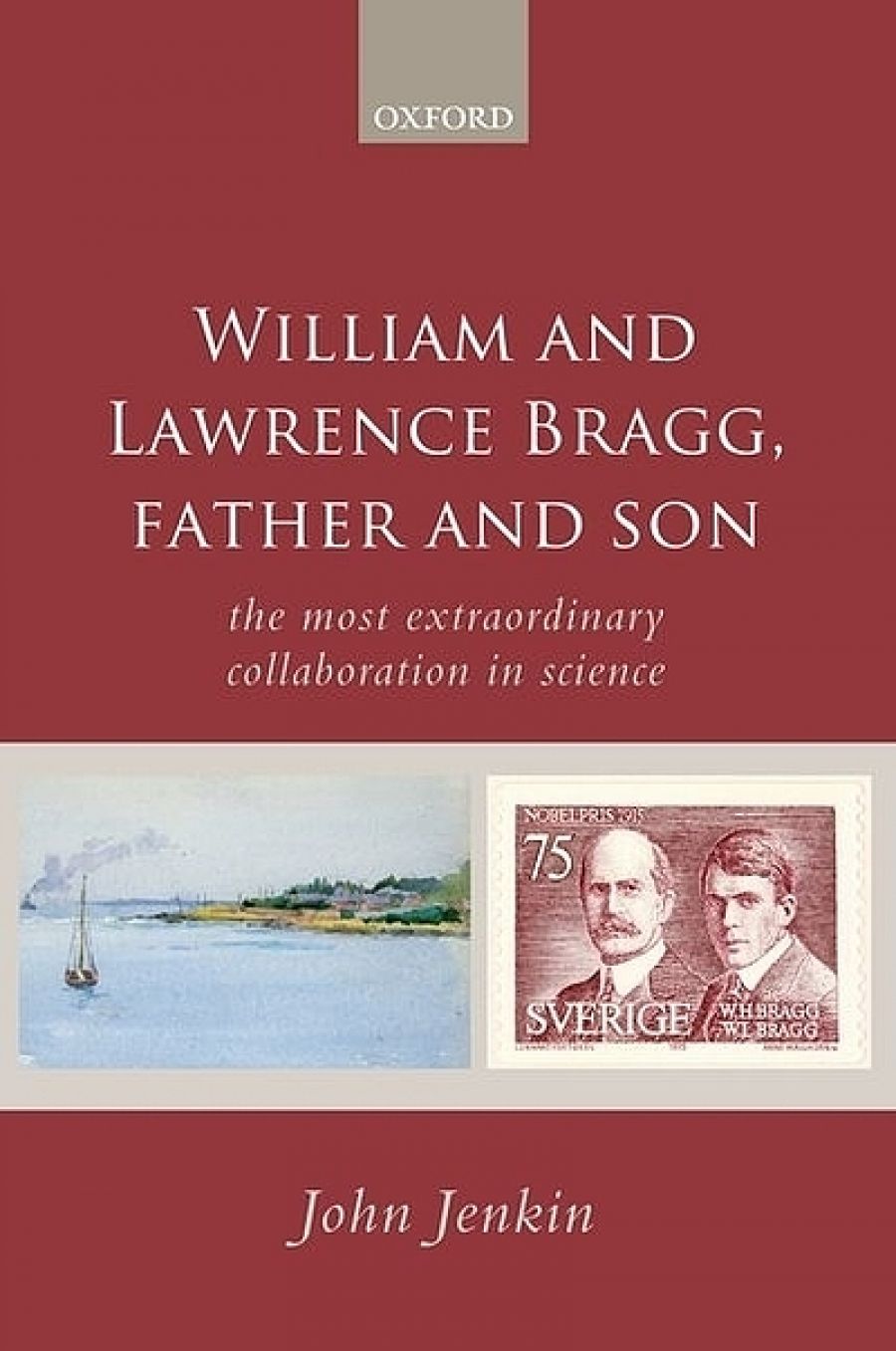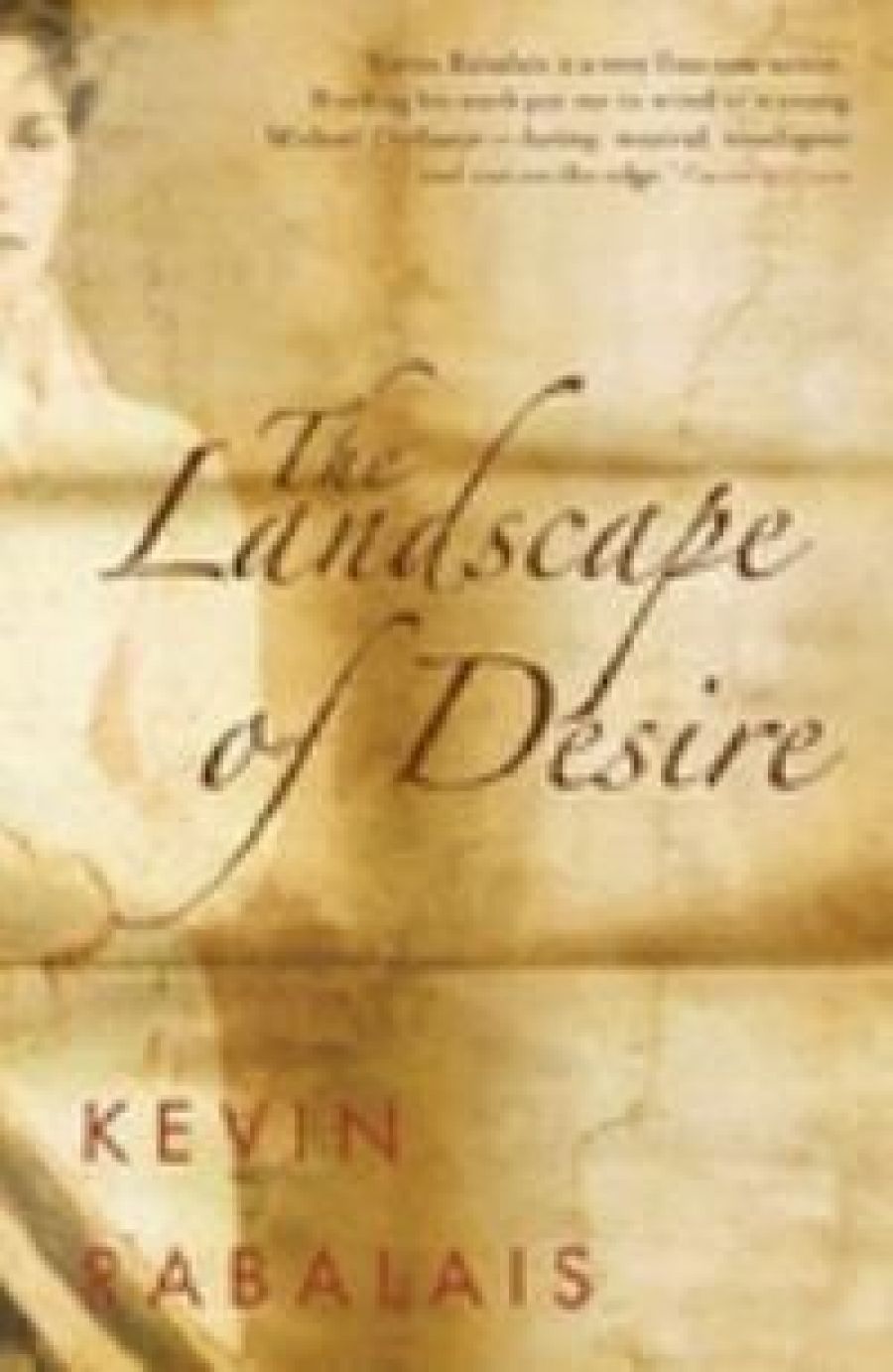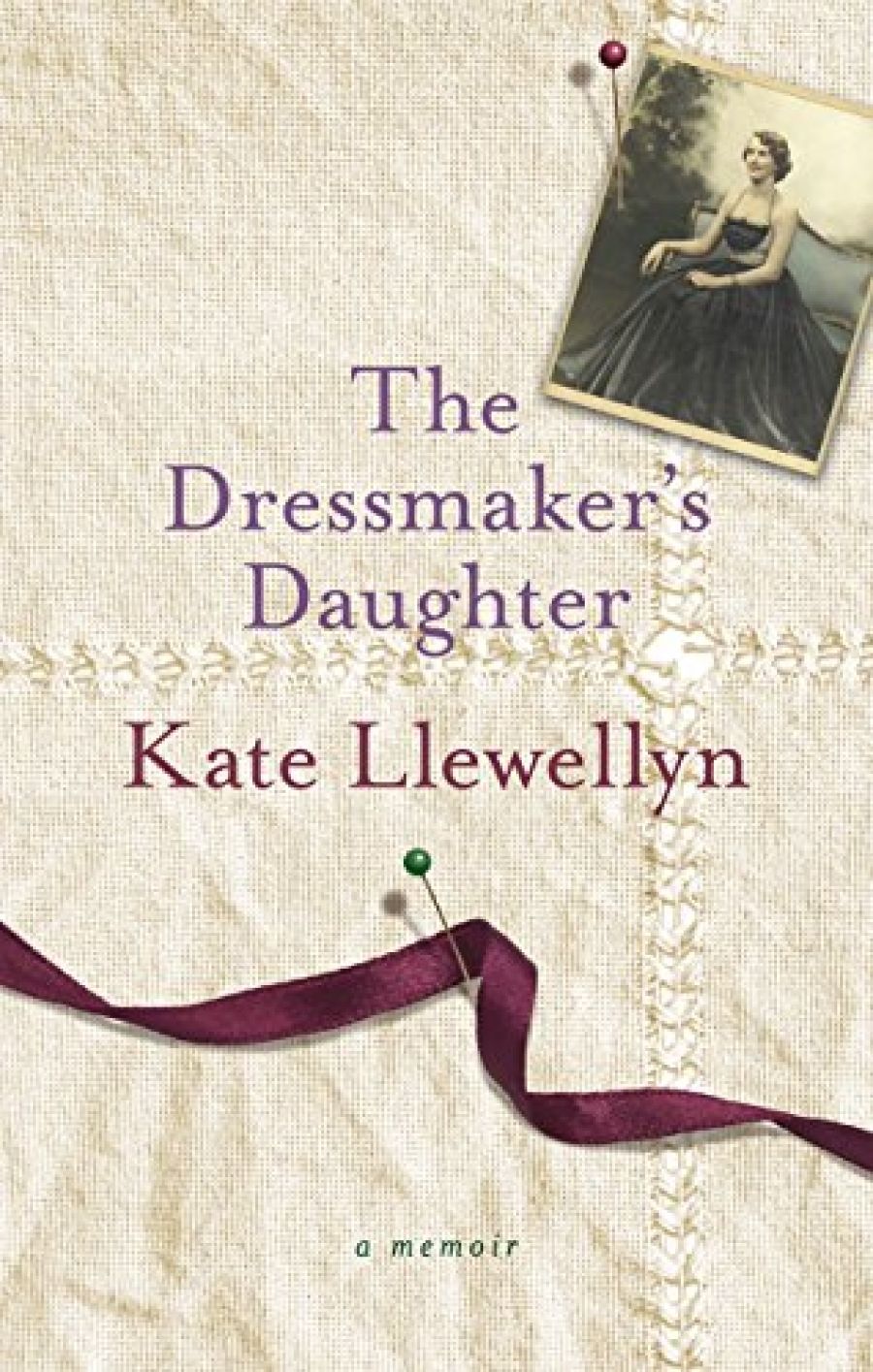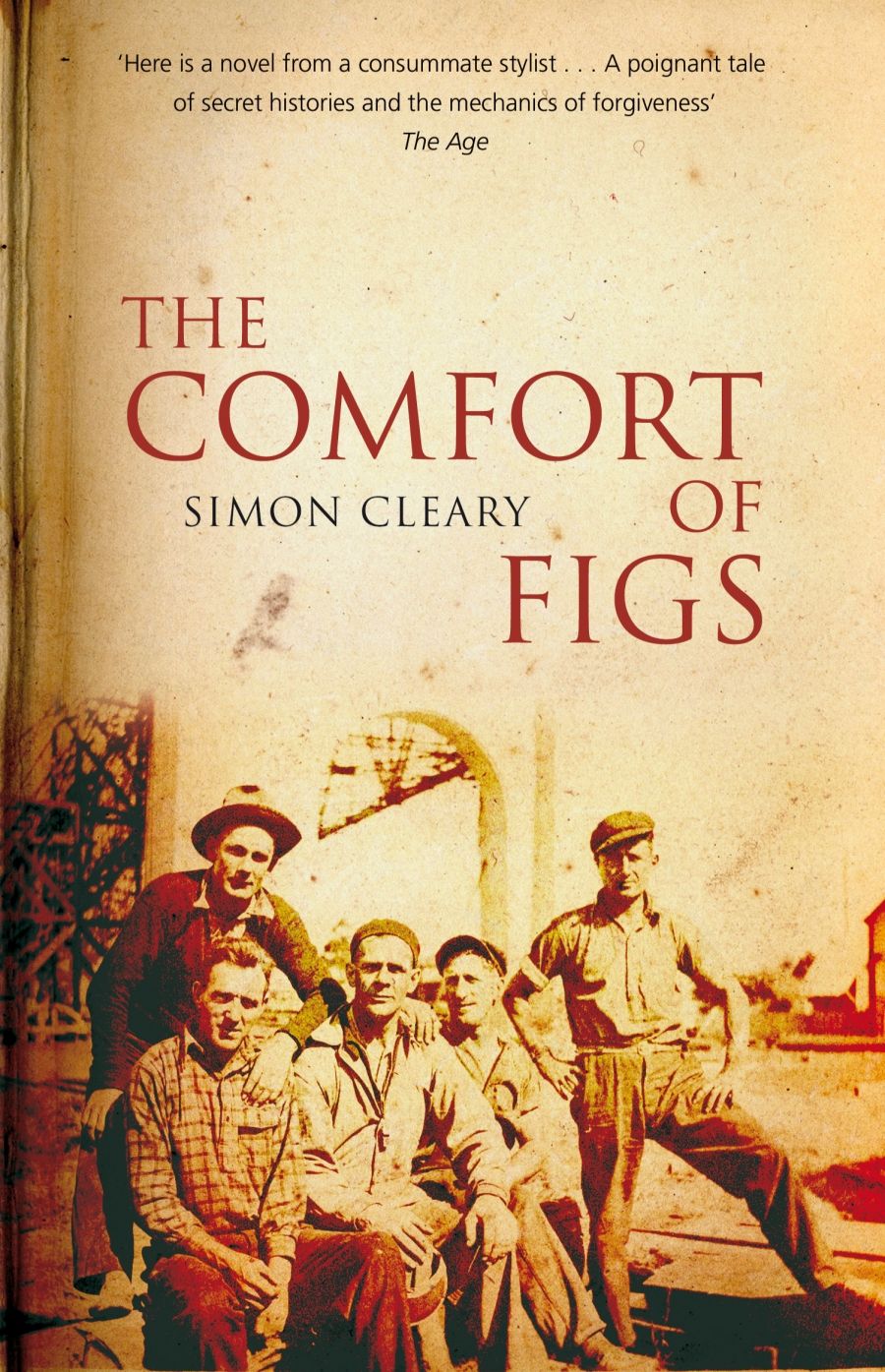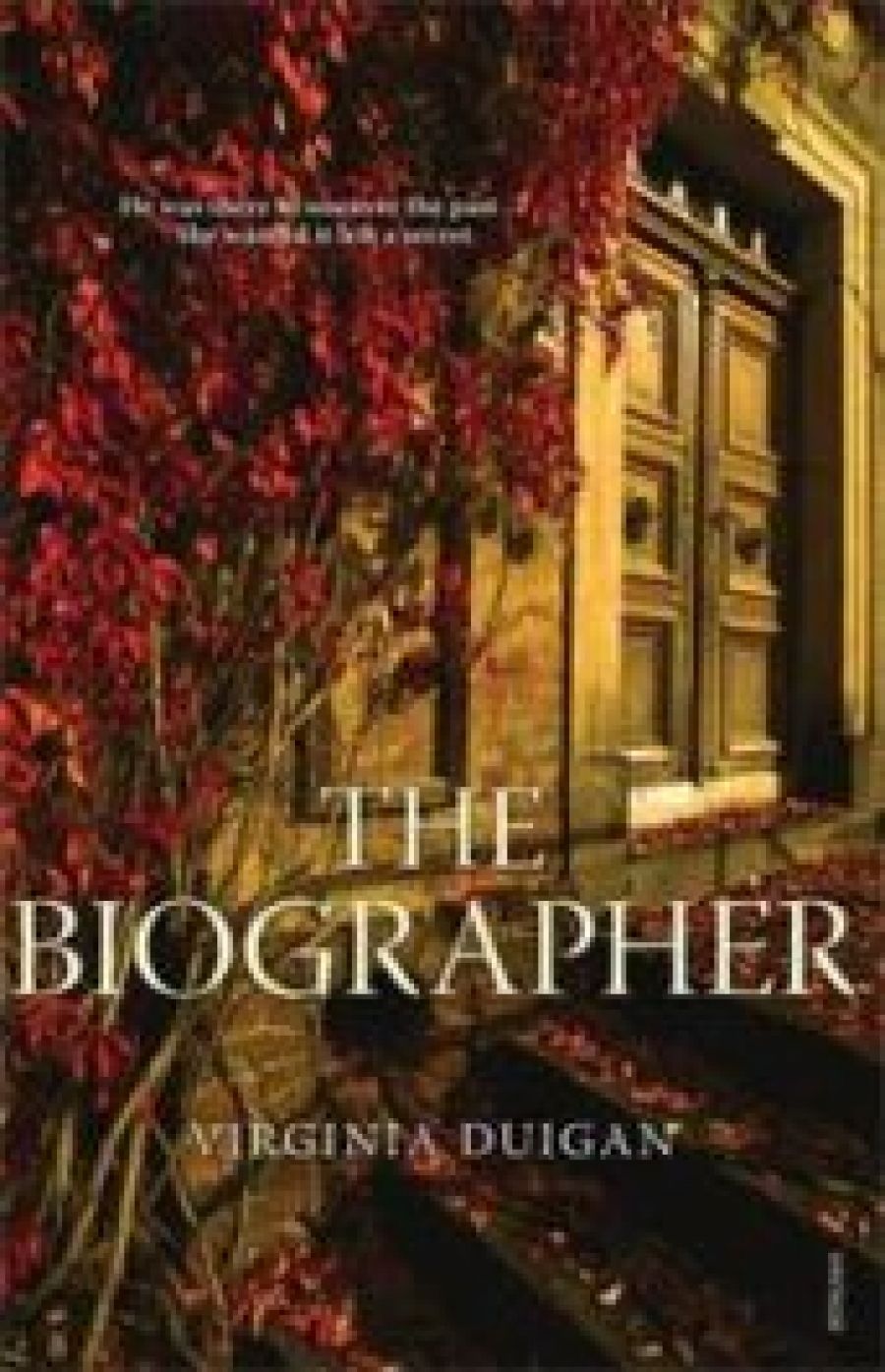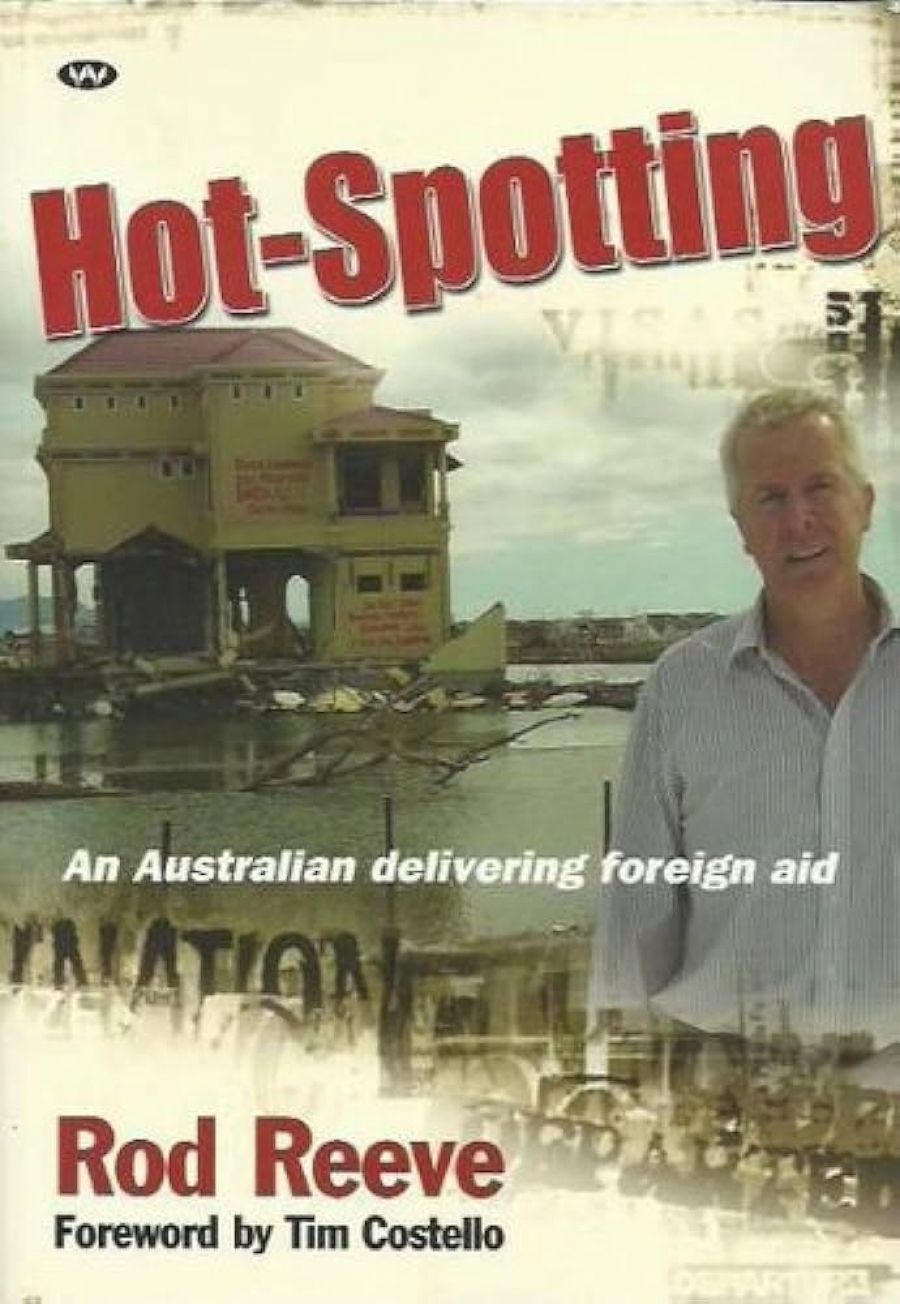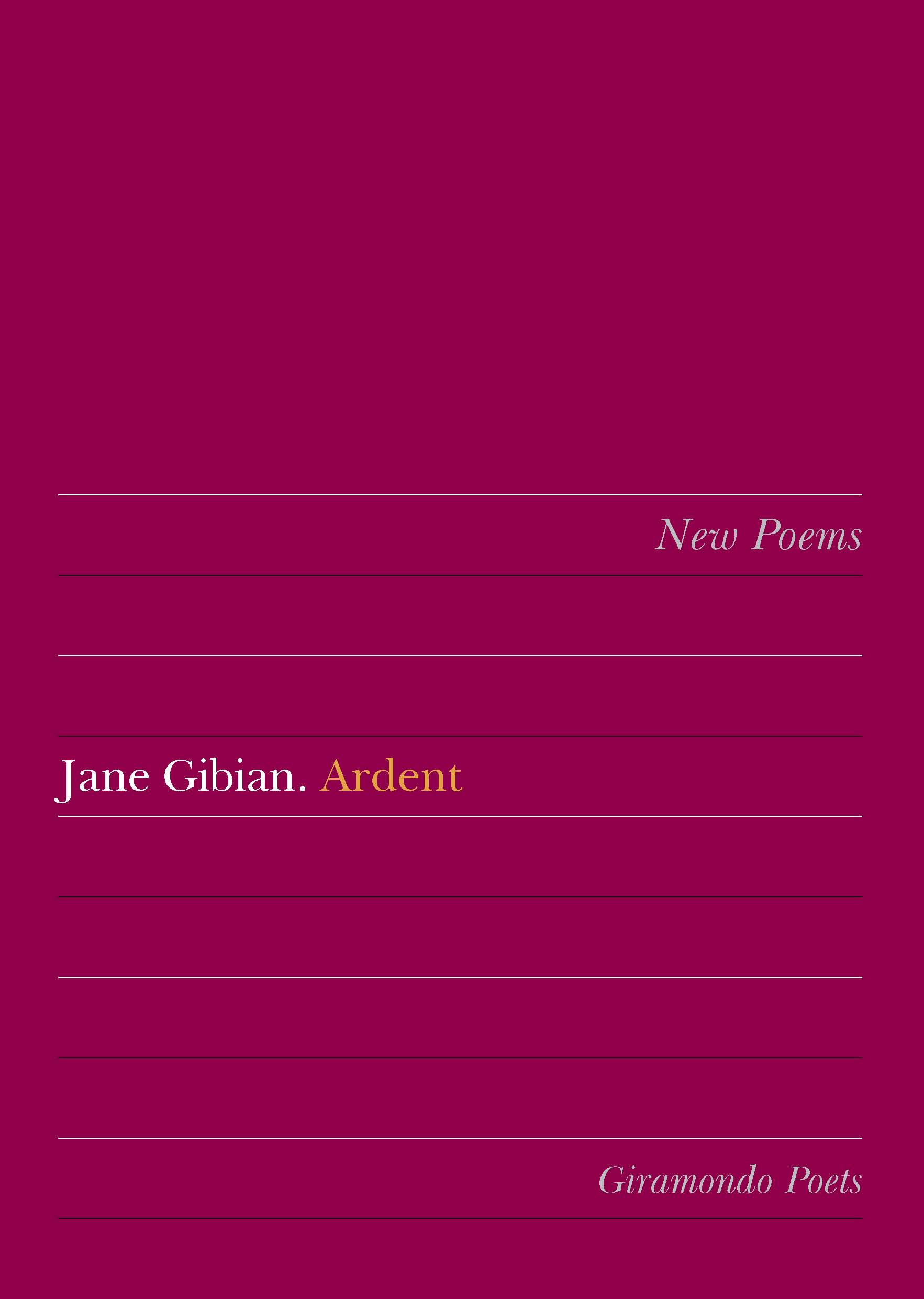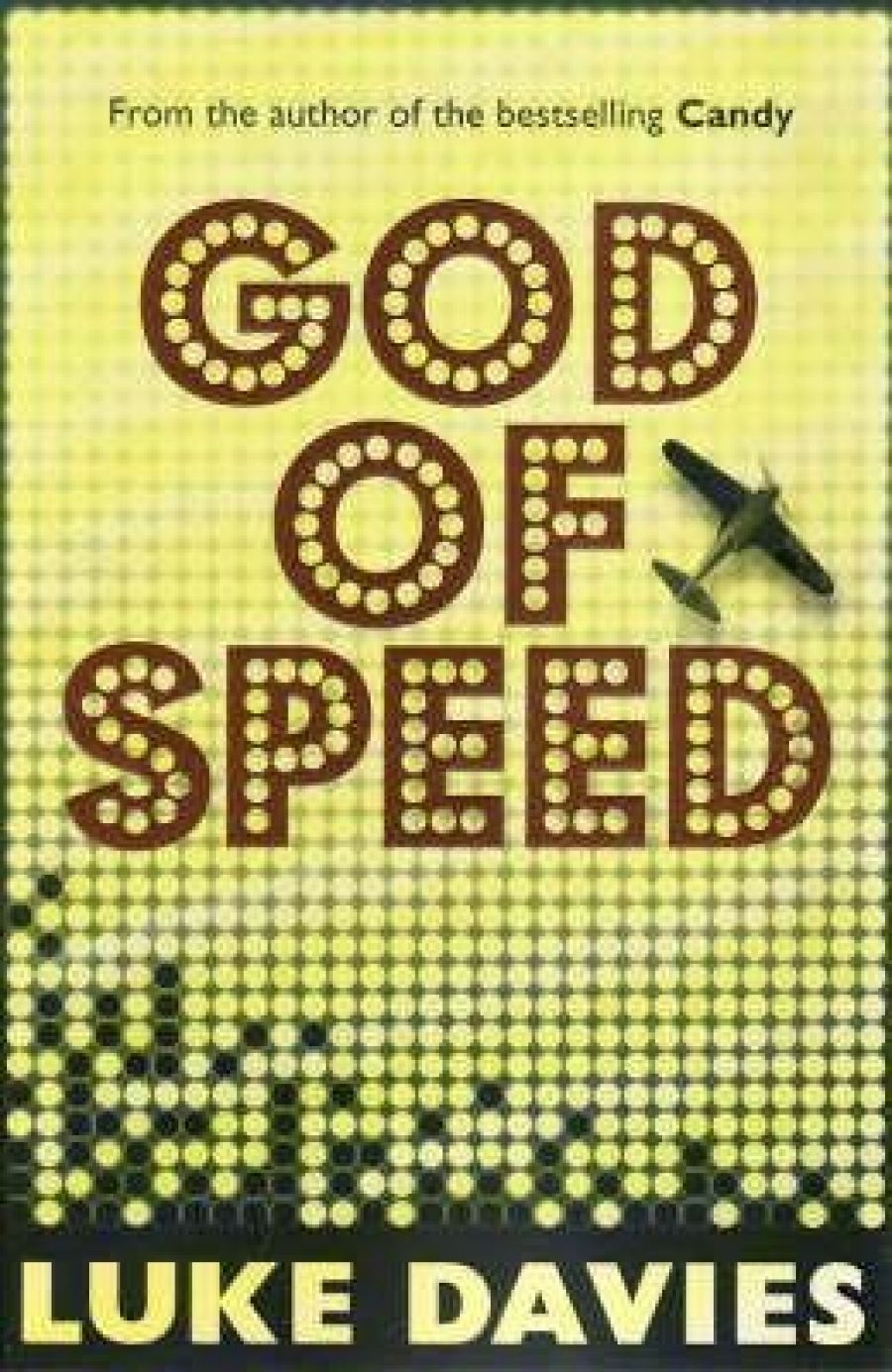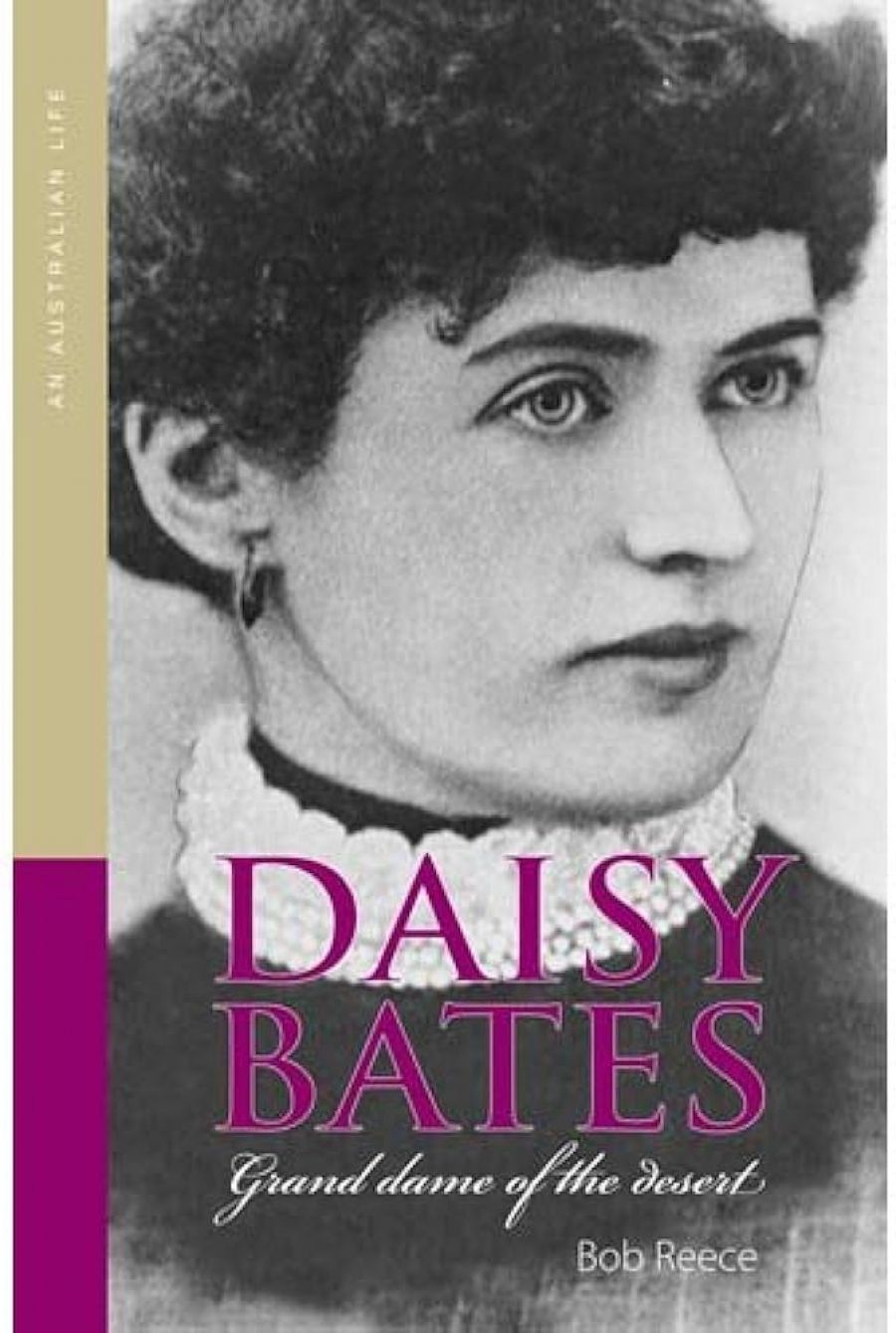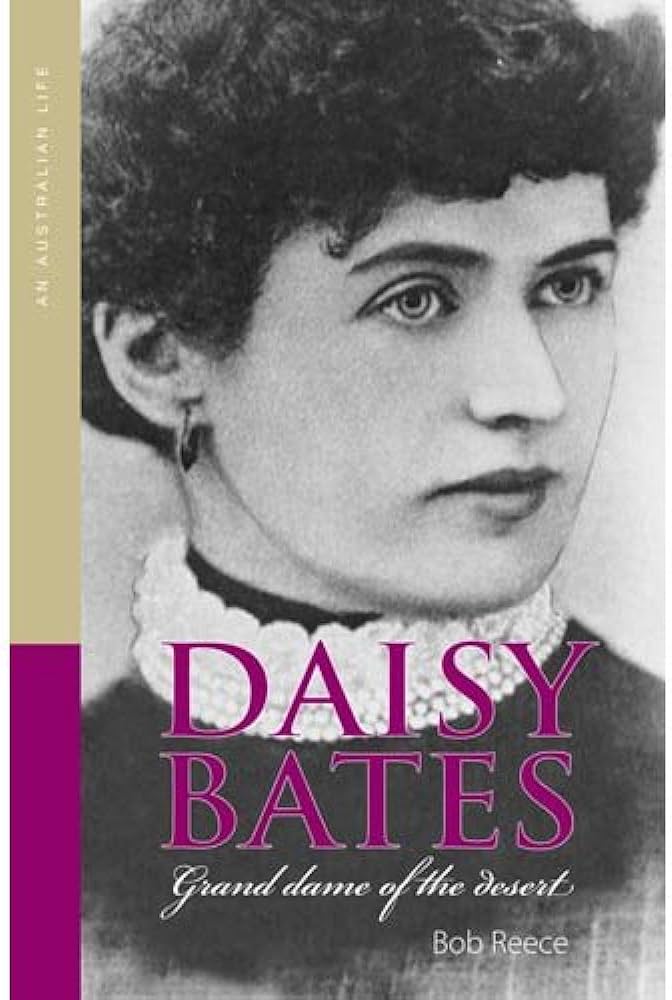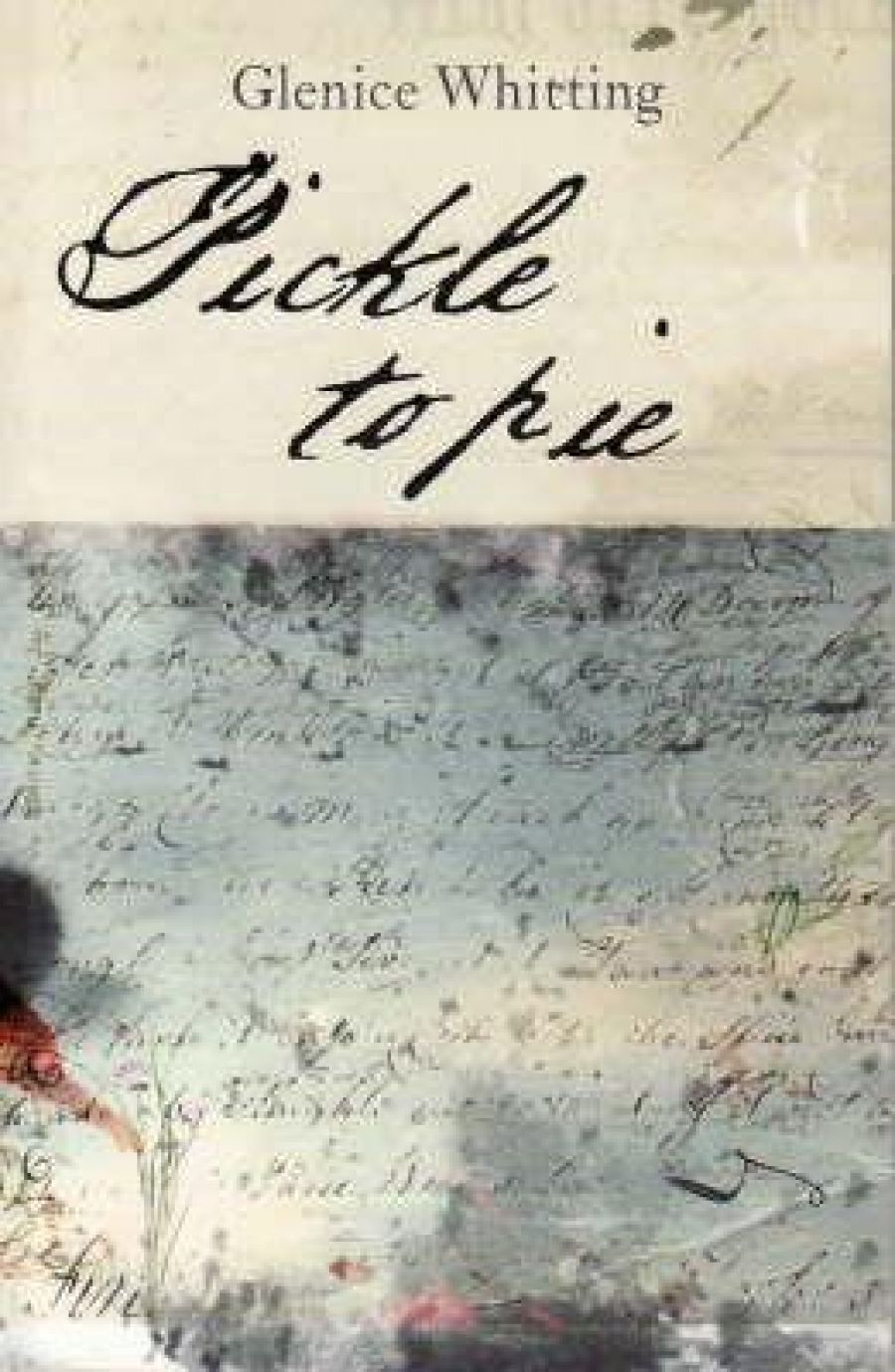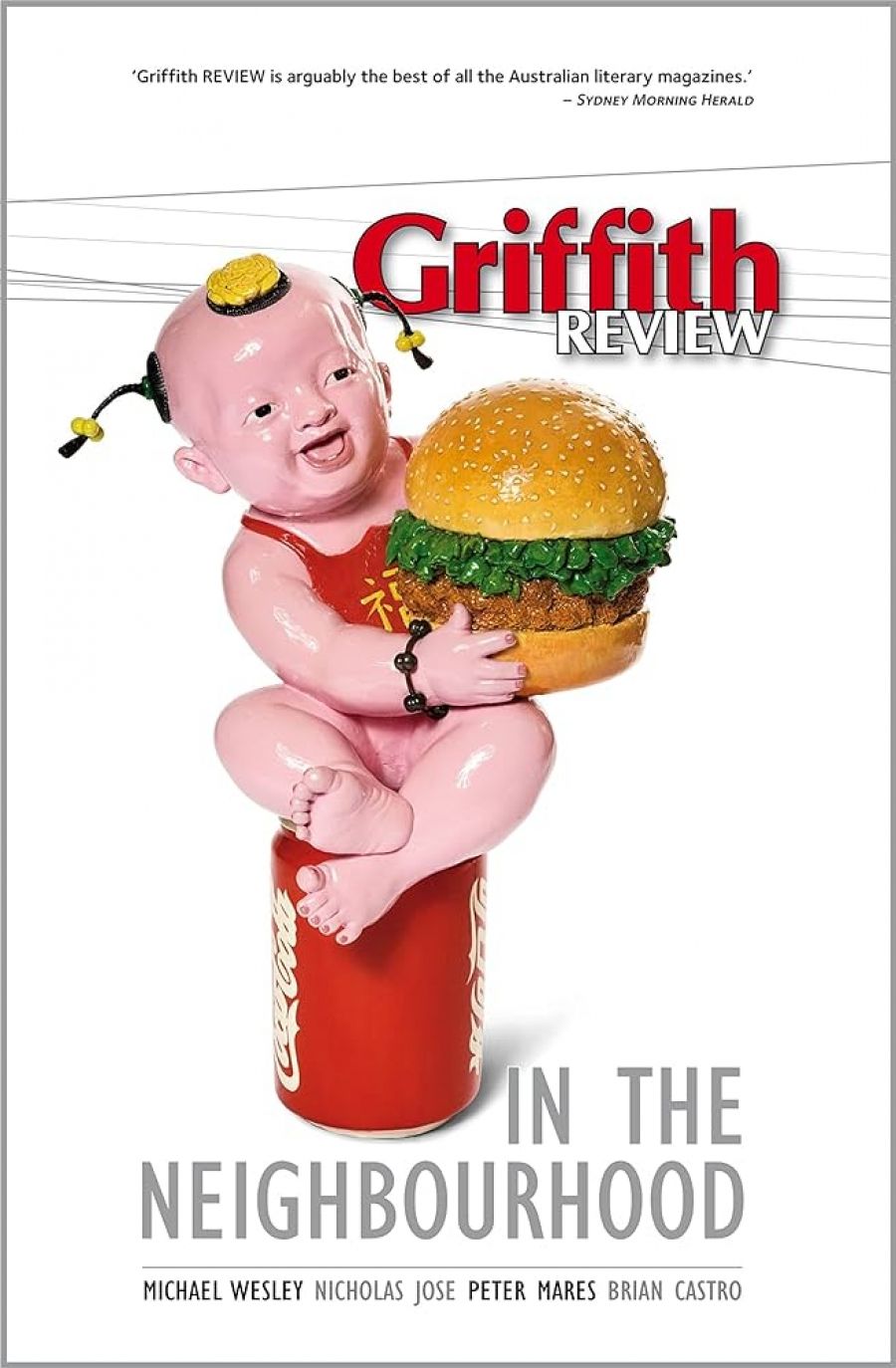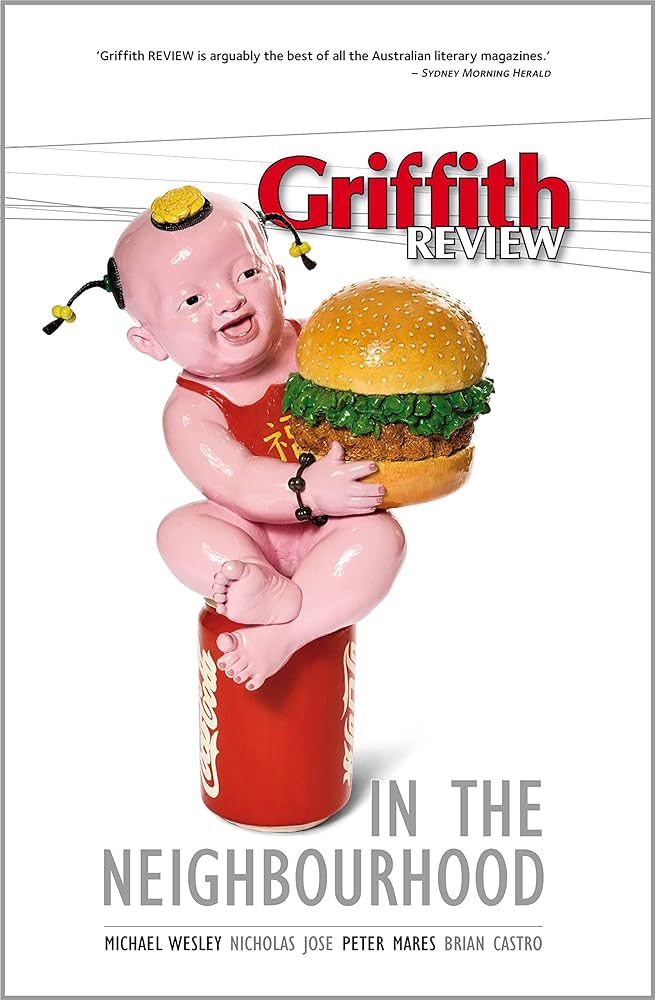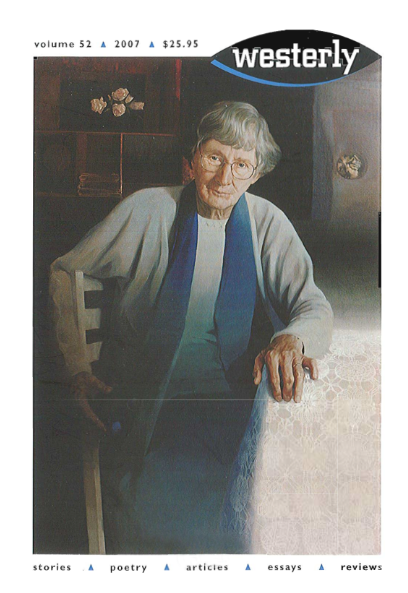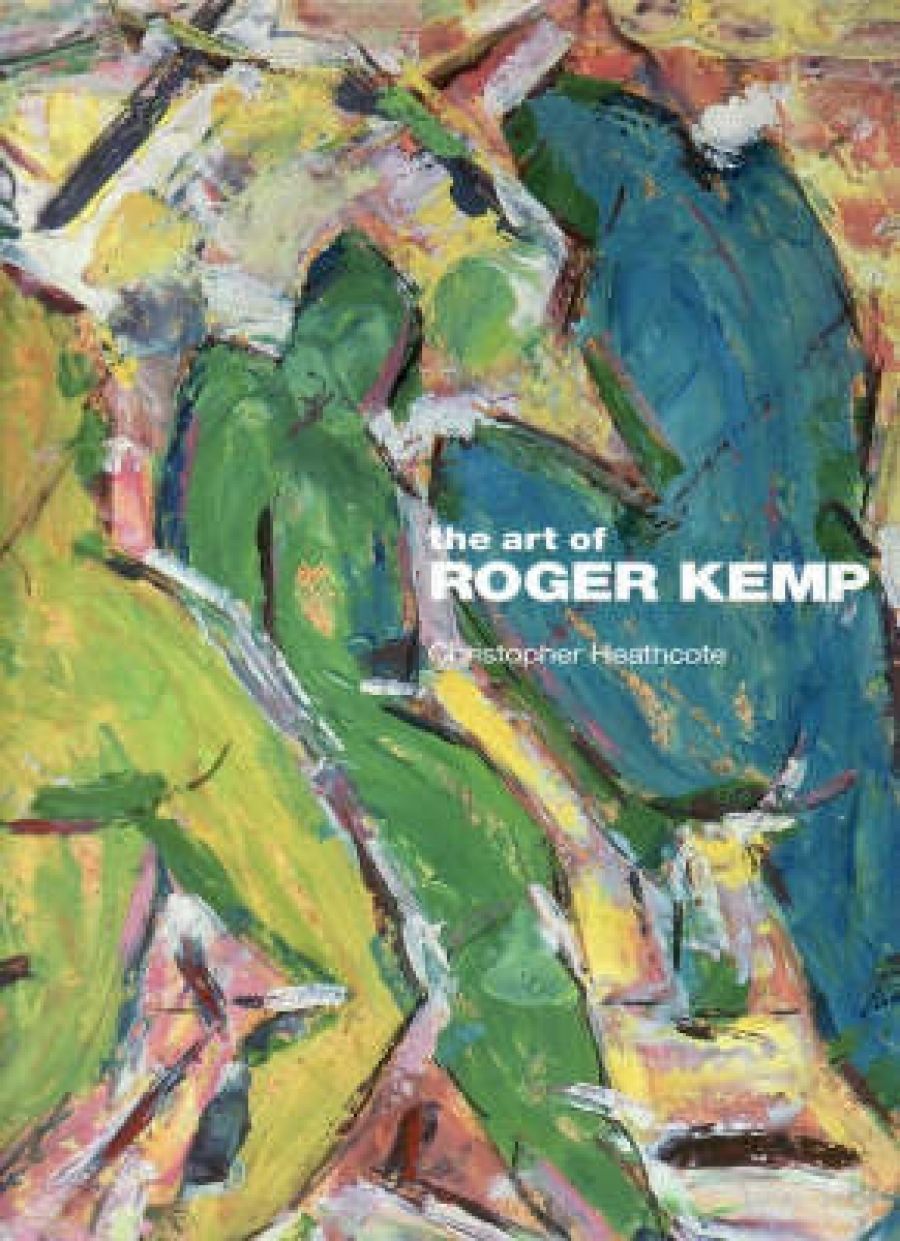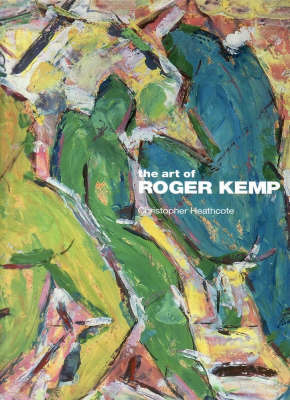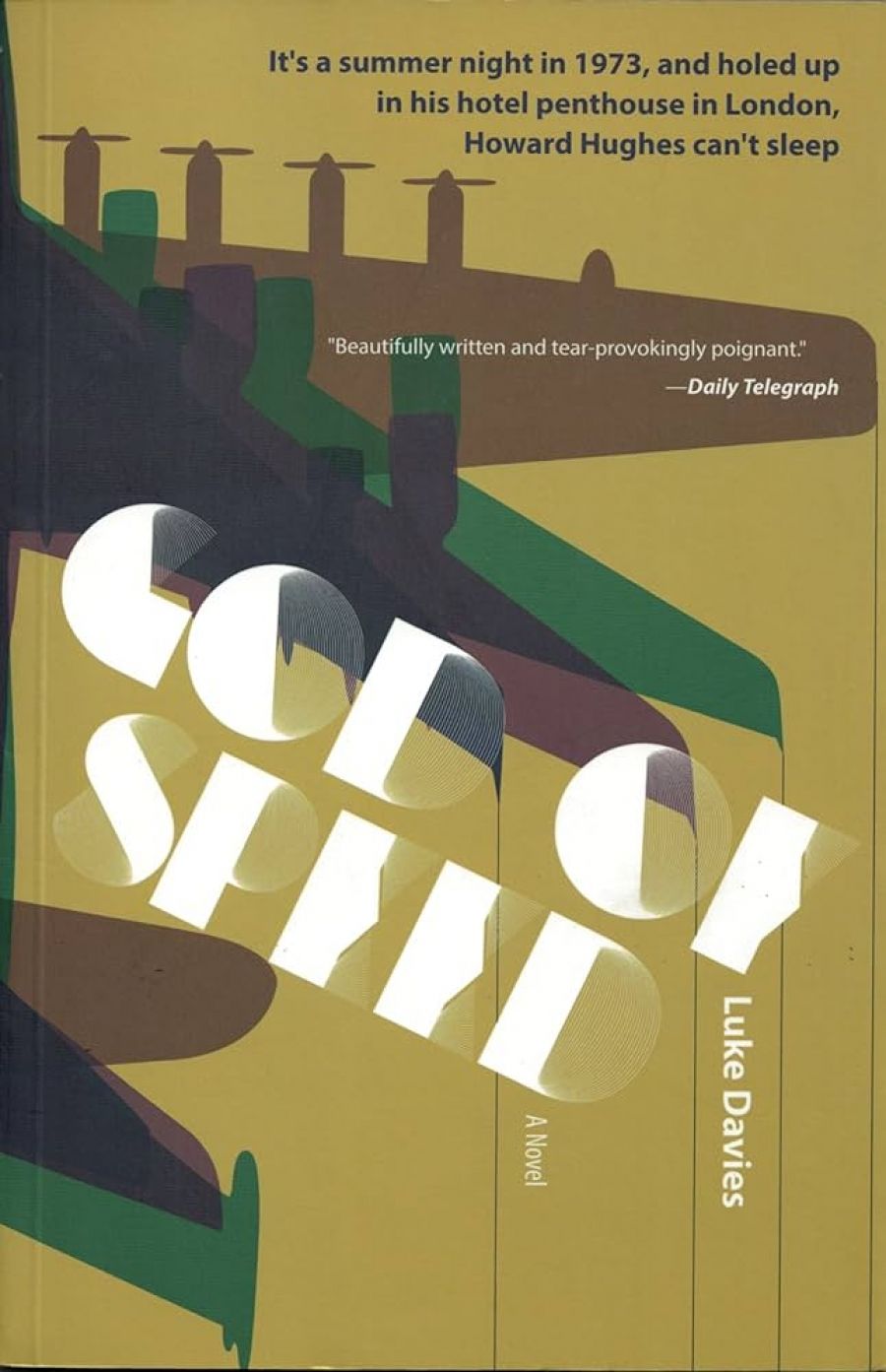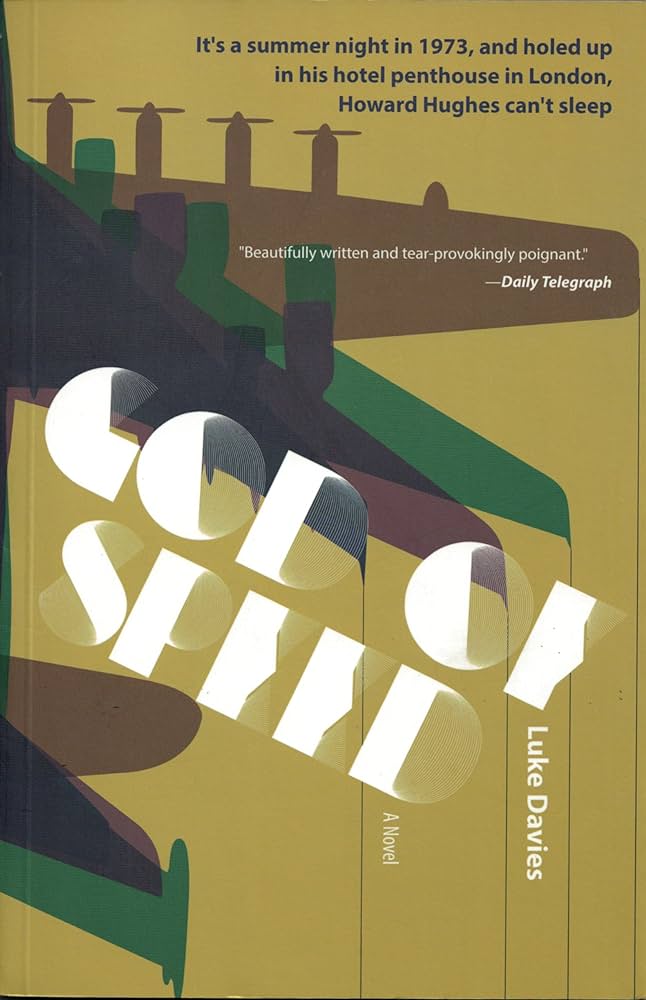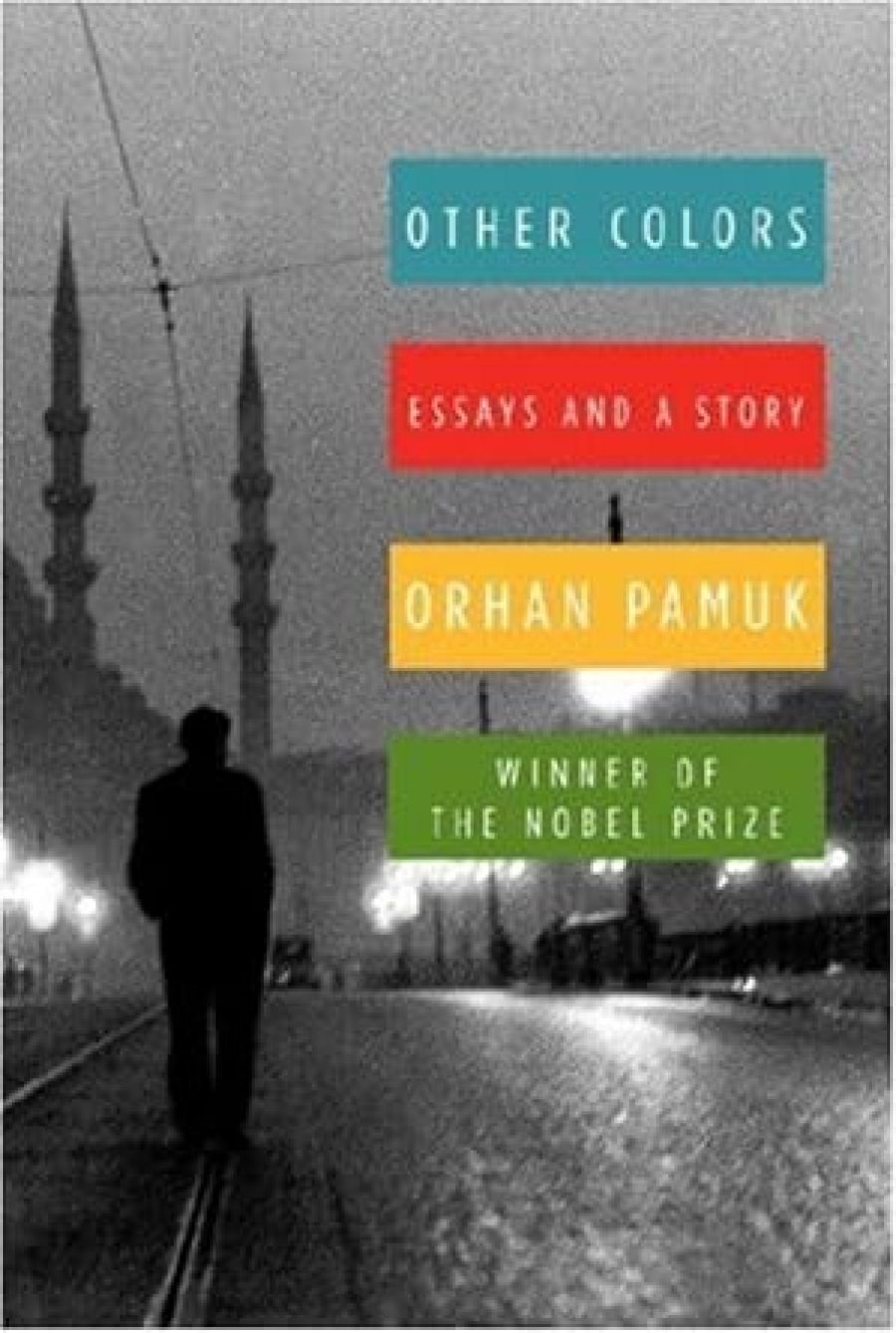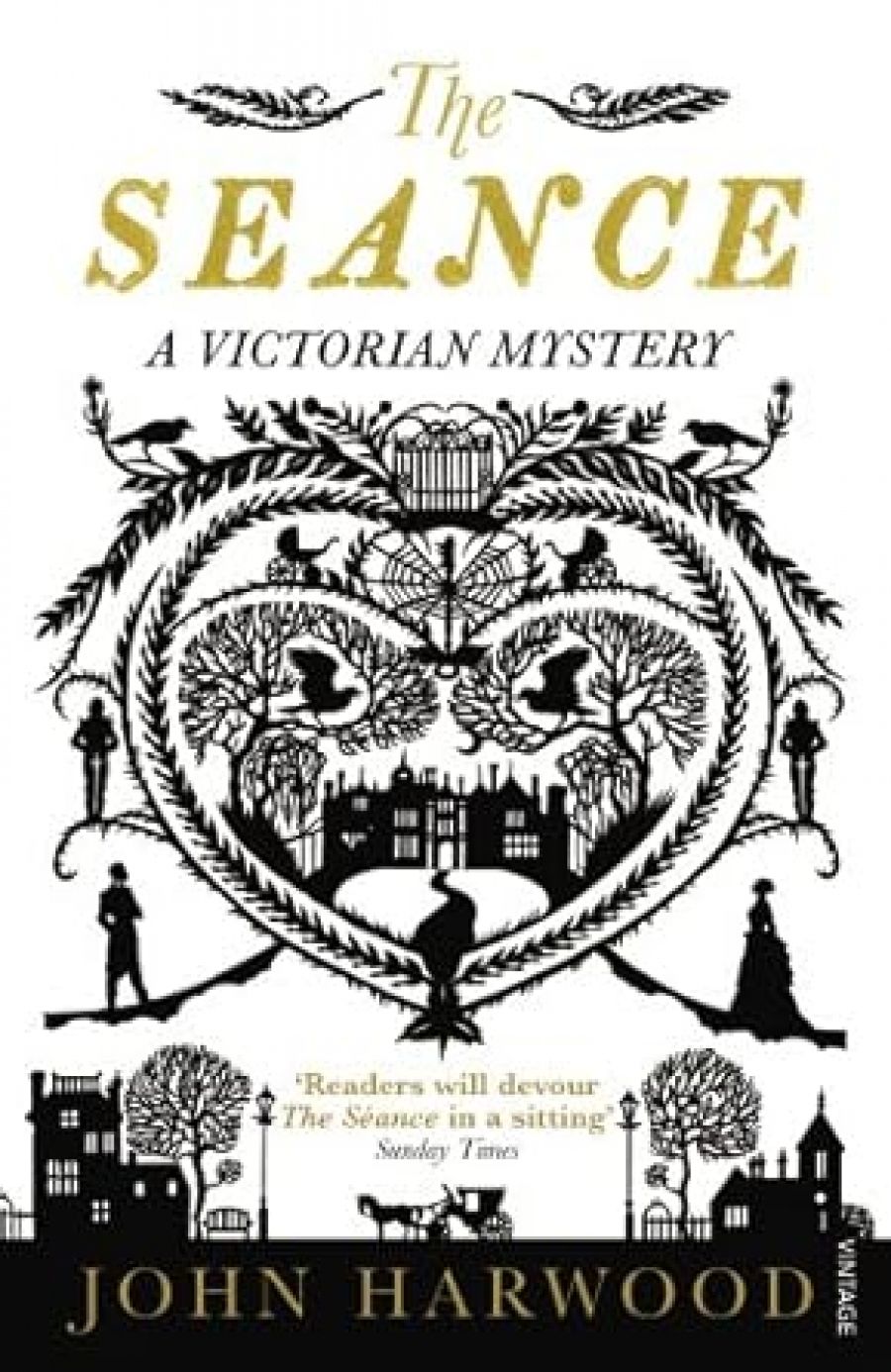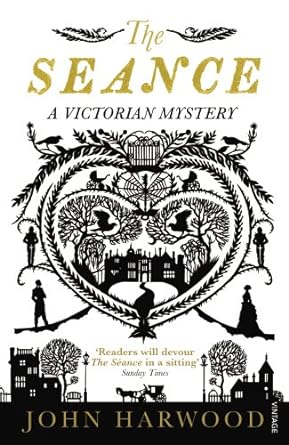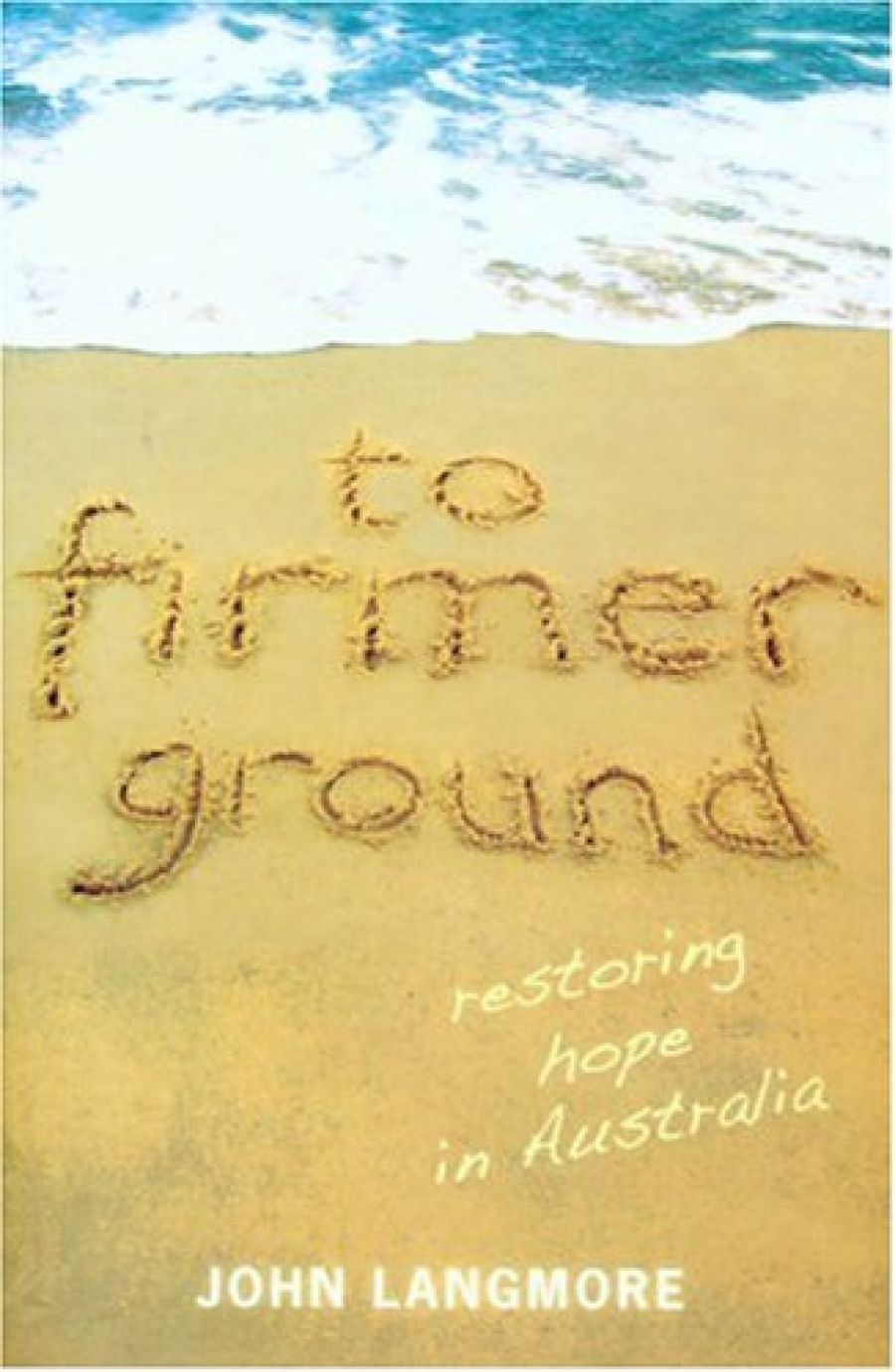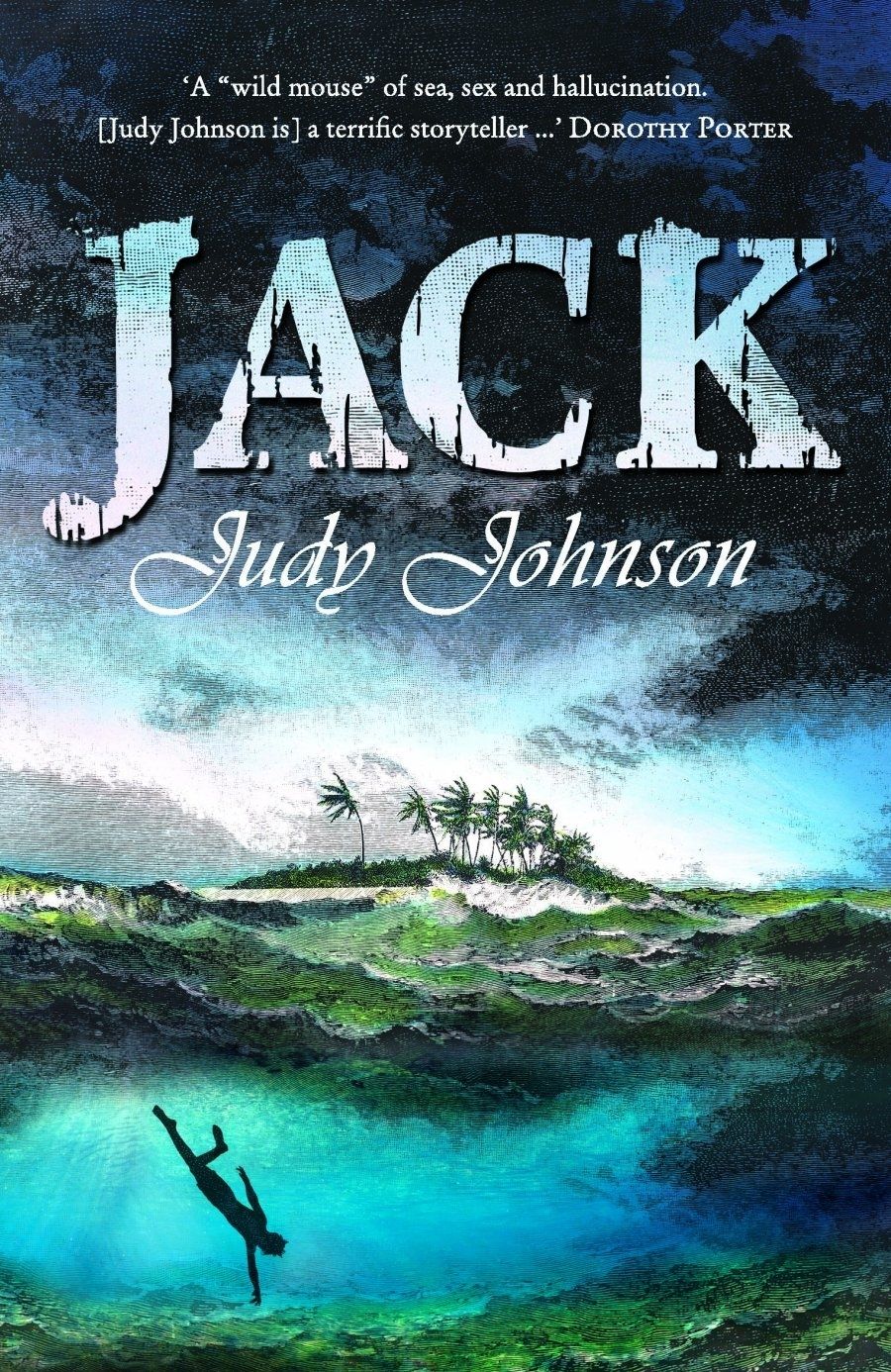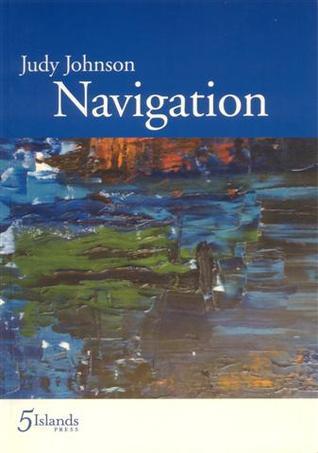- Free Article: Yes
- Contents Category: Advances
- Custom Article Title: 'Long live independent publishing' - ABR at 300
- Review Article: Yes
- Online Only: No
- Custom Highlight Text: Most editors look forwards, not back. We have to: there are pages to fill, readers to court, deadlines to meet. But publication of a 300th issue of a literary review invites retrospection, if not undue nostalgia...
Most editors look forwards, not back. We have to: there are pages to fill, readers to court, deadlines to meet. But publication of a 300th issue of a literary review invites retrospection, if not undue nostalgia.
Australian Book Review was founded in Adelaide in 1961. Edited by Max Harris and Rosemary Wighton, the first series ran until 1974. The second series, of which this is the 300th issue, began in June 1978. (The contributors included Don Watson, Thomas Shapcott, Bruce Beaver and ABR stalwart Margaret Dunkle; Horner sketched Manning Clark on the front cover; and new books under review included Helen Garner’s Monkey Grip, Sumner Locke Elliott’s Water under the Bridge and Dennis Lillee’s The Art of Fast Bowling.) John McLaren edited ABR until the mid-1980s, and was followed by Kerryn Goldsworthy, Louise Adler, Rosemary Sorensen and the late Helen Daniel.
It is always a privilege to work with fine writers and upholders of literary values. I thank all our contributors – and all our readers – for enabling us to maintain what Delia Falconer memorably described as not just a magazine but an ideal. I salute my colleagues and forerunners. To celebrate the publication of our 300th issue, we invited a few of them to comment on the milestone.
Peter Rose
Inga Clendinnen
I wrote my first books as offerings to the Mesoamerican Academy across the Water, which I imagined as very like the Nine Mayan Lords of Death: nameless, aloof, implacable and almost certainly fatal. Then I met Helen Daniel (through, as it happens, a review in ABR) and discovered the Republic of Letters, Australian Branch. Helen ran her second-hand book and furniture shop on Brunswick Street as a literary drop-in centre. Then she took over the editorship of ABR, with its comet-tail of committed helpers, writers, readers and sympathisers. Then she introduced me to the professionals – the publishers, the booksellers, the journal and newspaper editors – who keep the Republic in health, and to the writers’ festivals where this normally secretive society flexes its muscle and shows its strength.
Journals such as ABR are the Republic’s blood and sinew, linking and animating its parts, and also its voice, declaring its presence, demanding it be heard.
Happy 300th birthday, ABR.
Glyn Davis
The recent demise of Australia’s longest-running magazine, the Bulletin, recalls the fragility of literary culture in Australian society. Despite its legendary status, the Bulletin joins the daunting list of local magazines and journals which falter and then vanish.
We are lucky that some defy the odds. ABR, now celebrating 300 issues, sits alongside long-running journals such as Southerly, Meanjin and Overland, and relative newcomers including the Griffith Review and the Australian Literary Review, in offering reflection on contemporary Australian literature, politics, policy and society.
ABR demonstrates how a good review sharpens the quality of Australian writing through intelligent criticism. This leads to celebrated controversies and occasional injustices. Yet without judgment there is no way to celebrate great authors, to promote the undeservedly obscure, to create audiences for new works and nurture debate about content and style. Criticism takes text seriously, as the ideal vehicle to carry Australian ideas into a wider world. In sup- port of such important work, 300 ABR issues is barely sufficient to start the task.
Morag Fraser
It was a Miles Franklin moment: a large crowd gathered in the marble foyer of the National Library and speaker after charismatic speaker calling for the establishment of an Australian equivalent of the London/New York/Paris Review. Suddenly a quiet voice cut through. We have an Australian Book Review already, she said. Why search so anxiously abroad for models?
The speaker was Helen Daniel, editor at the time of ABR, and a forceful advocate throughout her life for Australian literature and for a critical culture to support that literature. She would be delighted, I know, to be cutting the 300th birthday cake with her equally passionate successor, Peter Rose.
It is a brave person who edits, funds or publishes a literary review in Australia, with its small, scattered reading public and the grinding uncertainty of funding, but it is an essential labour if we want to understand ourselves in the way Miles Franklin intended – beyond the straitjacket of national identity politics. Literary magazines are the echo chambers of a society, the place where poets’ words can resonate beyond their own heads, where essays find their ease, where argument can run over more than two column inches, where novelists find their obsessive, isolated labours acknowledged – not always loved perhaps – and received by the culture they explore and articulate, where scholars can touch a reading public broader than the academy. Magazines that claim longevity, as ABR can, help build that national habit of critical scrutiny and the vital tradition of civil argument and engagement. How much better than war?
But it is endless, relentless attention to detail and dedication – to the twists and turns of the culture, and to the placement of every comma – that produces a magazine of quality, so I salute all at ABR, and all who have gone before them, for being there, day after day and night after night, to see her grow old(er) with such precision, wit and grace.
Kerryn Goldsworthy
Asked in my capacity as one of its former editors to say a few words on the occasion of ABR’s 300th issue, I am reminded of my mother in the cake shop one year, buying, for the family celebration of my sister’s birthday, a cake featuring her favourite cartoon cat. ‘And how old is the child, Mrs Goldsworthy?’ the man in the cake shop inquired oleaginously. ‘Thirty-seven,’ Ma replied, deadpan.
While I was its editor in the mid-1980s, ABR was my baby. Twenty years on, I’m glad to see it still being looked after so well as it celebrates another anniversary. Nothing could have prepared me for the reality of editing the magazine, for, as with a real baby, it required, with unrelenting ruthlessness (and no doubt still does), to be fed and cleaned up. When you edit a monthly magazine, you’re working on three, sometimes four, issues at once: commissioning, editing, marking up, laying out, and trundling round the country to conferences and writers’ festivals with promotional bundles of the current issue costing you a fortune in excess baggage.
But one of the unexpected satisfactions of ageing is watching things that you had a hand in twenty years ago as they continue to thrive. I am sure the original editors Max Harris and Rosemary Wighton never thought the magazine would outlive them, but at this rate it will outlive us all.
Richard Walsh
I was actually on the board of the National Book Council when we made the big leap of faith and revived ABR in 1978 under the inspired editorship of the bearded and somewhat dishevelled literary warrior, John McLaren. I later served on its advisory board, as I think it was then called, under Brian Johns. I recall delivering a toast to its sainted editor, Kerryn Goldsworthy, at a typically rumbustious lunch in a small Melbourne eatery, probably on the tenth anniversary of the Glorious Restoration.
Such fond memories emerge from the mists of time, but the need for ABR remains constant. In March I reviewed in these pages Bruce Dover’s new account of Rupert Murdoch’s adventures in China. For some reason or other, this book will definitely not be reviewed in the Australian news- paper, nor, it seems, in its monthly Australian Literary Review supplement. Eric Ellis’s excellent review of it for the Far Eastern Economic Review (which recently fell into Rupert’s clutches) has been spiked.
Long live independent publishing! Long live ABR!
Geordie Williamson
I remember my first conversation with Peter Rose, even though it took place seven years ago, because I took the call on a mobile while standing beneath the four-tonne chandelier hanging in the auditorium of Sydney’s State Theatre. It glowed in Kitsch affirmation as he asked whether I was interested in reviewing for ABR. I was, and did, starting with some bloke – Malcolm Knox – who had written a novel called Summerland. I don’t think my effort was up to much, but it was largely positive and hopefully not too far off the money. (When, years later, we finally met, Malcolm was blissfully unaware of my review. ‘Actually,’ he added, ‘I thought you were a woman.’)
It sounds naïve to say so, but that review was my first glimmering that Australian critics could write about Australian artists, and that such dialogue had its own weight and worth. For someone who had been living solely on imported literature, it was a timely reminder of the riches to hand. I began devouring everyone from Thea Astley to Patrick White by way of restitution.
After moving to London for work and study, I turned to Australian authors for a different reason: homesickness. I know, for instance, that I read Martin Boyd’s The Cardboard Crown in a pub off the Portobello Road, because my copy still contains the establishment’s beer mat as a bookmark. Likewise, a dried umbril of Cow Parsley pinpoints a reading of the ‘Buladelah-Taree Holiday Song Cycle’ to the Undercliff, above Lyme Regis in Dorset. Oz Lit became my Moveable Feast during these years. Or, more appropriately, it became my endlessly nourishing Magic Pudding.
When I eventually decided to return home, to join the Noble Society of Pudding Owners – whose ‘members are required to wander along the roads, indulgin’ in conversation, song and story, and eatin’ at regular intervals from the Pudding’ – it was ABR I was thinking of. I’m grateful to the magazine for welcoming me back to the feast.
Clive James
In Australia, one of the penalties for having survived long enough as some kind of literary figure is to be asked, in one’s senior years, to write a chapter in the latest distinguished volume devoted to the history of Australian literature. Such requests, though flattering, oblige the victim to write a story from which he must leave himself out. My powers of self-abnegation stop well short of that, so I always say no. Why should I leave myself out when I have so many contemporaries to do it for me?
But if I were forced at gunpoint to write such a chapter, I would begin by saying that the growing prominence of the independent literary magazines in recent years has helped to create an inhabitable Australian literary world, and that ABR has been in the vanguard of this development. Long wished for, an Australian literary world was slow to arrive, partly because it was so keenly awaited: the pot grew nervous from being watched. Especially in the field of poetry, the pre-modern era was dependent on the newspapers, with the Bulletin counting as a kind of amplified newspaper. The requirements of popularity had some strong results. (Les Murray has always been right to stress the importance of what he was first to call the ‘newspaper poem’, and, gratifyingly often, he still writes it.) Looking back to my own beginnings, I remember the magazines as being few, thin and hard to find unless you were attached to the same university as they were.
Actually, this memory is inaccurate: it was always worthwhile to keep a file of Meanjin, for example, and when James McAuley started Quadrant he raised the stakes for everyone. But when I sailed for England in the early 1960s, that was the way the Australian picture looked to me. From here on, my brief account gets personal. Peter Porter, I suspect, has a more informative story about what it meant to become an expatriate Australian poet. He had more reason to think about what was involved, because poetry was his whole endeavour, and the problem of maintaining a spiritual presence in the homeland he had physically left would be a matter of life and death to him. I could never claim that kind of thoughtfulness. Working more by instinct than by strategy, and always more by luck than judgment, I had a big enough task establishing and maintaining a poetic reputation in Britain, where my other reputation as a professional entertainer seemed determined to get in the way. Get caught on screen with your arms around Margarita Pracatan and see what it does to your status as a lyric poet.
But precisely because Britain was in possession of a fully developed literary world, it had room for someone who broke its rules of dignity. In Britain, everyone is aware, even if they hate the idea, that the poet who doesn’t fit the picture might be part of the picture. One could be given the cold shoulder – any number of cold shoulders – yet not be frozen out. Even my poems about Australia found space in the literary pages of London. Eventually, I found my- self writing more and more such poems, and Australian editors – who were still keeping their eye, as always, on the British and American magazines – began asking to re- print them. I was glad to comply, although I hasten to insist that I had no plans for making a reconquista. It had long been apparent to me that the expatriate, should he wish for a return, was up against the same difficulties as a space traveller making a re-entry into the Earth’s atmosphere: unless he got the angle exactly right, he would burn up, with the implacable Australian press waiting on the ground to interview the fragments. But really my poetry was proof that I had never been away.
It had already proved that to me. Any decent poem begins in feelings so deep that we might as well call them instinctual, and what I had been discovering was the nature of my instinct, which had been formed in Australia and never forgotten it, whatever my conscious mind might have thought. With a whole heart, I can thank the Australian magazine editors for having spotted this almost before I did. At the head of these editors was Peter Rose, who generously made space available in the ABR for poems I had published in Britain and America but which might also appeal to Australian readers who had no easy access to the periodicals they first appeared in. Later on there were other editors, and there were poems which had their first publication in Australia, but ABR continued to provide me with my most welcoming landing strip for things I was sending in, or bringing back, from abroad: it was my Edwards Air Force Base. ABR even ran the full text of the address I gave when I received, in Mildura, the Philip Hodgins Memorial Medal, which remains my sole big literary prize, and the only one I will ever need (ABR, September 2003).
When I published that address as a chapter in a book, I gave the book the same title as the chapter, The Meaning of Recognition. Self-dramatising is what I do for a living – everything I write, in whatever form, is an unreliable memoir – but the drama, I would like to think, is not always entirely about me. In writing about the magnificent but cruelly abbreviated achievement of Philip Hodgins, I was an expatriate trying to fulfil what I think of as part of the expatriate’s duty: to help give Australia to the world, and to bring a world view to the task of clarifying Australia’s position to itself. Laid out as an argument, the full story of how I view that duty would take a book all on its own, but I would be surprised if my work had not been telling the story by implication for these many years. ABR has played a crucial part in helping me to tell it, so I have a personal reason for being grateful for the magazine’s existence, and I am sure there has been many a contributor, over the course of its 300 issues, who could say the same.
Finally, it comes down to the importance of having a forum in which the concept of intellectual freedom trumps all other political standpoints: a forum in which, wrapped in our separate togas, we can speak our minds to each other without being knifed on the way home. No literary magazine is worthy of its title if it doesn’t provide that. ABR does.


